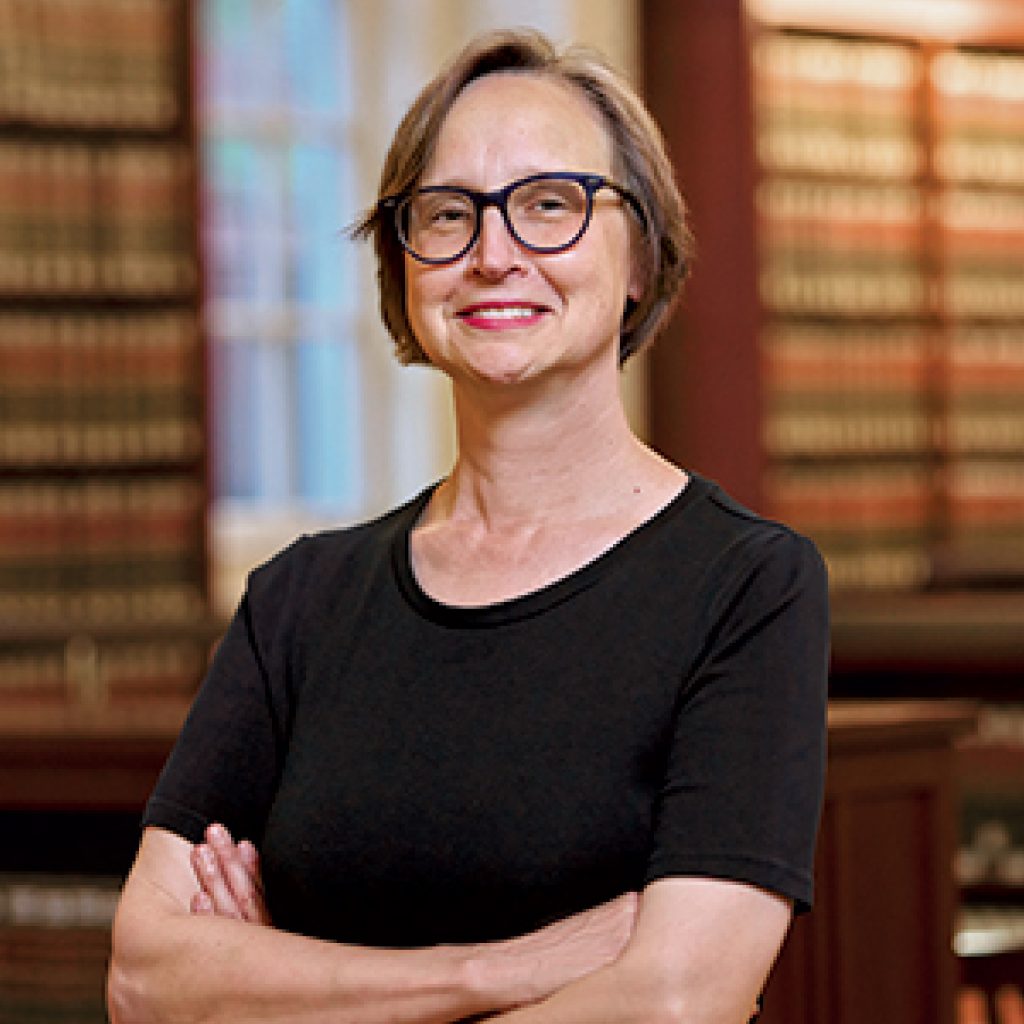2024 Conference Speakers
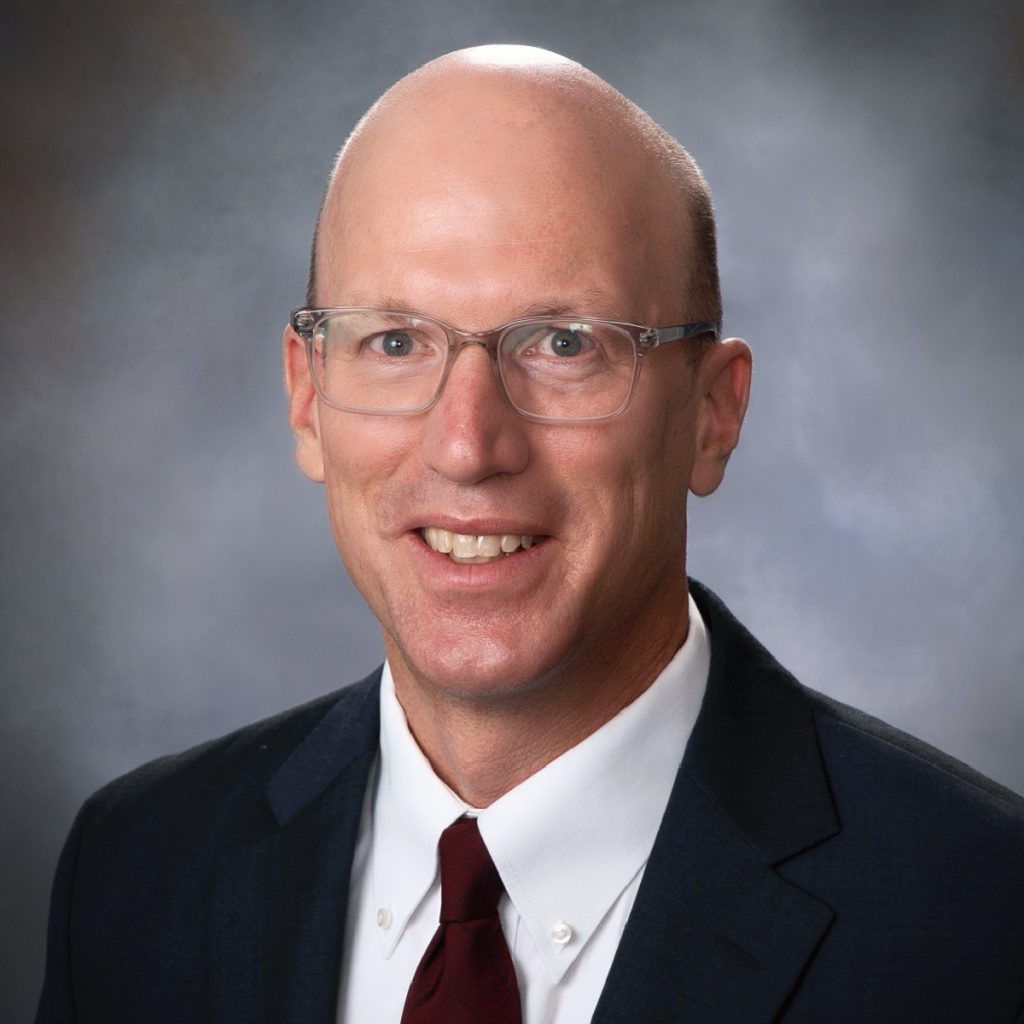
Todd Aagaard
Todd Aagaard is Professor of Law at the Charles Widger School of Law at Villanova University. He is the author of numerous law review articles in the fields of environmental law, energy law, and administrative law, as well as a book on capacity markets, Electricity Capacity Markets, and an environmental law casebook, Practicing Environmental Law. Professor Aagaard earned his J.D. and M.S. degrees from the University of Michigan. Following his graduation from Michigan, he clerked for Judge Guido Calabresi on the United States Court of Appeals for the Second Circuit and then served for eight years as a staff attorney in the Environment and Natural Resources Division of the U.S. Department of Justice.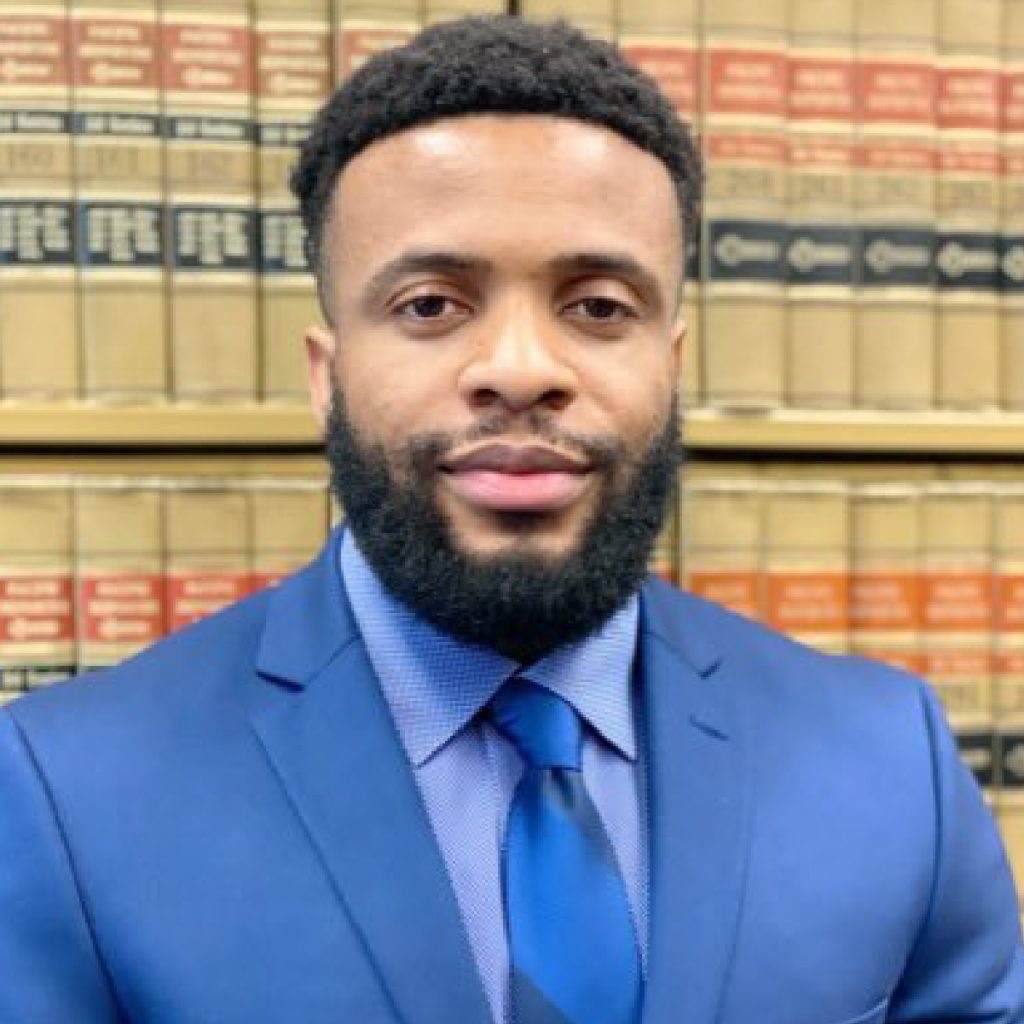
Chinonso Anozie
Professor Anozie teaches property law and various energy and environmental law classes, including a global environmental justice class that incorporates environmental harms and just energy transition in the least developed economies. Before joining Willamette University College of Law, Professor Anozie was a Visiting Assistant Professor of Law at Sandra Day O’Connor College of Law, Arizona State University.
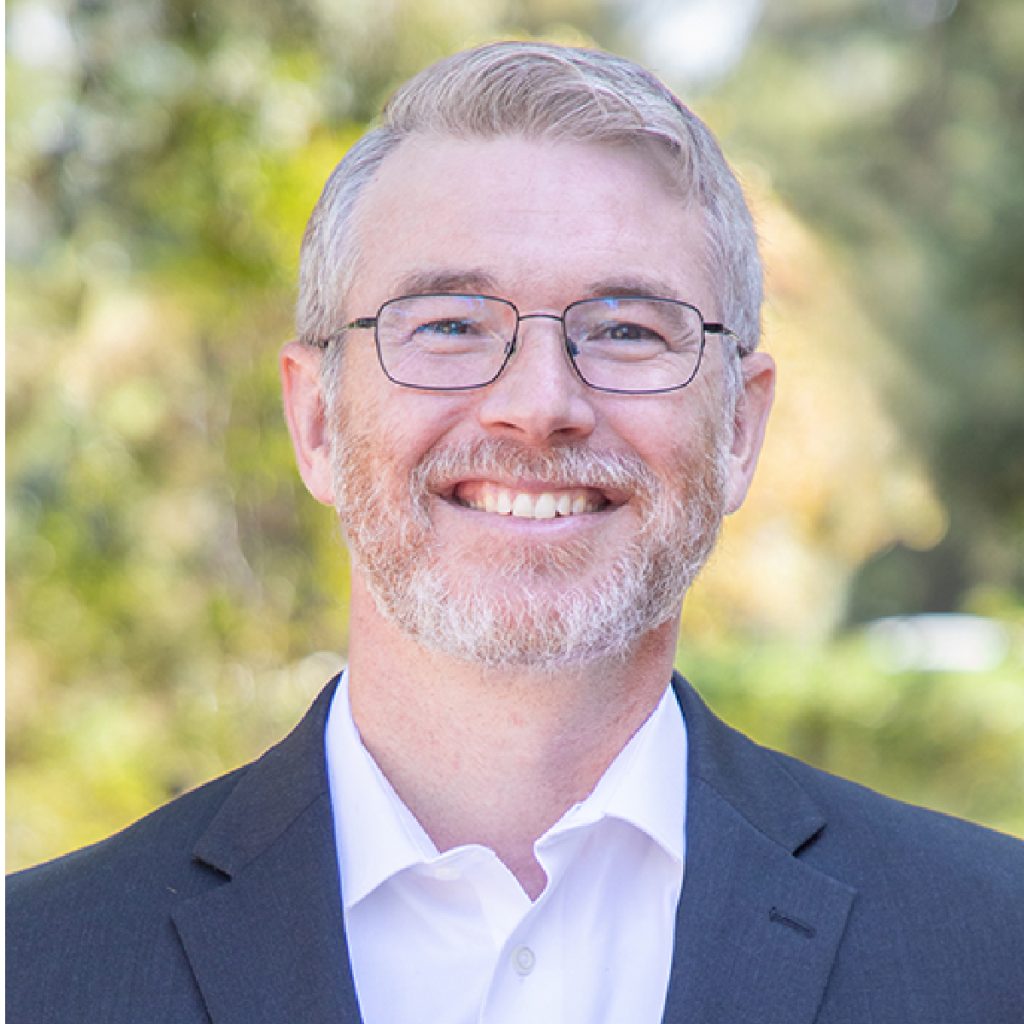
Karrigan Börk
Professor Börk graduated with Distinction and Pro Bono Distinction from Stanford Law School in 2009 and completed his PhD dissertation in Ecology at UC Davis in September 2011. He received the Shapiro Family Award in 2011 as the Outstanding PhD Graduate in Ecology at UC Davis. He clerked for Tenth Circuit Chief Judge Mary Beck Briscoe, U.S. District Court Judge Julie Robinson, and Judge Janice Karlin on the U.S. Bankruptcy Court for the District of Kansas.Professor Börk graduated Phi Beta Kappa from the University of Kansas in 2002 and was named a Truman Scholar in 2001 and a Switzer Fellow in 2010. Professor Börk’s publications run the gamut from the definitive text on the history and application of California Fish and Game Code Section 5937 to a hatchery and genetic management plan for spring-run Chinook salmon. Professor Börk is currently examining legal and ethical issues in ecological restoration. His past work has focused on the management of guest species, those invasive species that managers invite in and make comfortable, and on the evolution of law via administrative actions. He is currently working on local governance issues in ecosystem management.
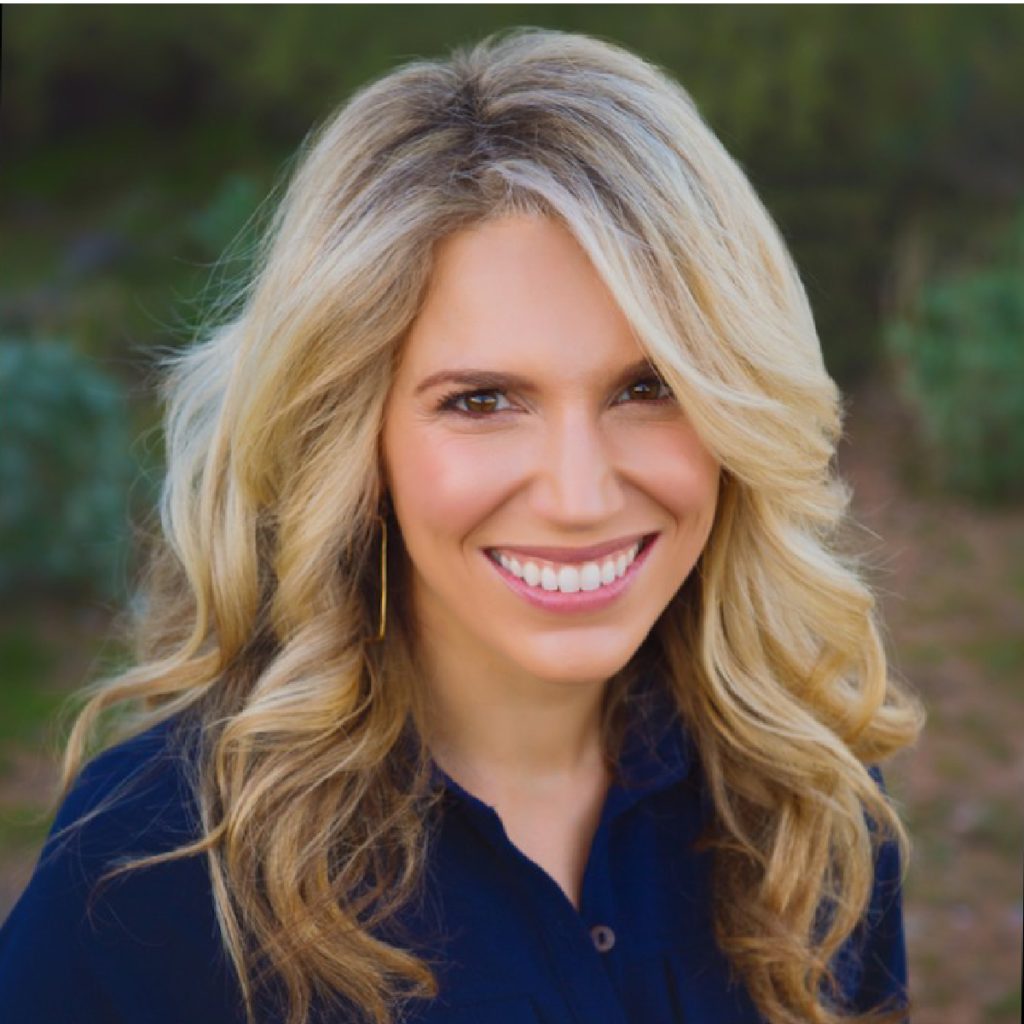
Karen Bradshaw
Karen Bradshaw is a Professor of Law and the Mary Sigler Fellow at Sandra Day O’Connor College of Law at Arizona State University. She is concurrently a Faculty Affiliate Scholar at the New York University School of Law Classical Liberal Institute and Senior Sustainability Scientist at the Global Institute of Sustainability at Arizona State University. Bradshaw’s research has been featured in media outlets including Forbes, Fortune, The Atlantic, Bloomberg, National Public Radio, NPR’s Planet Money, The New York Times, and The Arizona Republic. Bradshaw has published over twenty academic articles. She is the author of the book Wildlife as Property Owners: A New Conception of Animal Rights and contributing co-editor of Wildfire Policy: Law and Economic Perspectives. She is an expert on the topics of rights of nature, biodiversity, animal rights, wildfire, and animal law.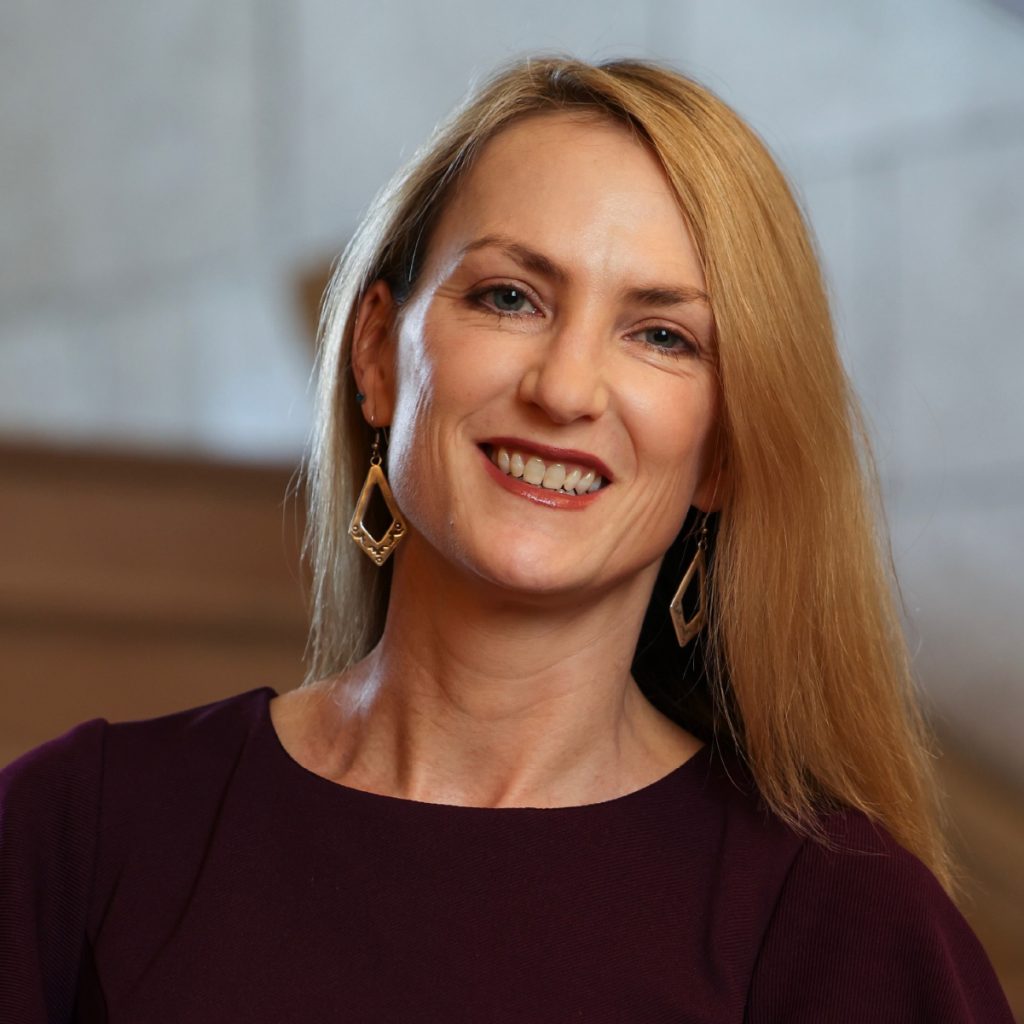
Cinnamon P. Carlarne
Professor Cinnamon Carlarne is the 19th President and Dean at Albany Law School, where she is also a Professor. Her research focuses on questions of domestic and international environmental law, centering on climate change law and climate justice.
Her scholarship includes key books in the field of climate change law, Climate Change Law with Dan Farber, and The Oxford Handbook of International Climate Change Law, as well as a monograph on comparative climate change law and policy with Oxford University Press, a casebook on international environmental law, a textbook on oceans and human health and numerous articles, book chapters, and essays on questions of domestic and international environmental law, with a particular focus on question of climate change and climate justice. She is on the advisory boards for Transnational Environmental Law (Cambridge University Press) and Climate Law (IOS Press). She was the co-chair of the American Society for International Law’s Climate Law signature topic working group and serves on various climate-focused academic and policy boards. Prior to joining Albany Law School, she was the Associate Dean for Faculty and Intellectual Life and the Robert J. Lynn Chair in Law at The Ohio State University Moritz College of Law, where she also chaired the University Research Committee and served on the Executive Steering Committee for The Ohio State Sustainability Institute. She earned her BCL and an MSc in Environmental Change and Management from the University of Oxford as a Marshall Scholar; a JD from Berkeley Law; and her BA from Baylor University. Prior to joining Ohio State, she was a Professor at the University of South Carolina School of Law, the Harold Woods Fellow in Environmental Law at Wadham College, Oxford, and an attorney at Akin Gump Strauss Hauer & Feld in Washington, D.C.
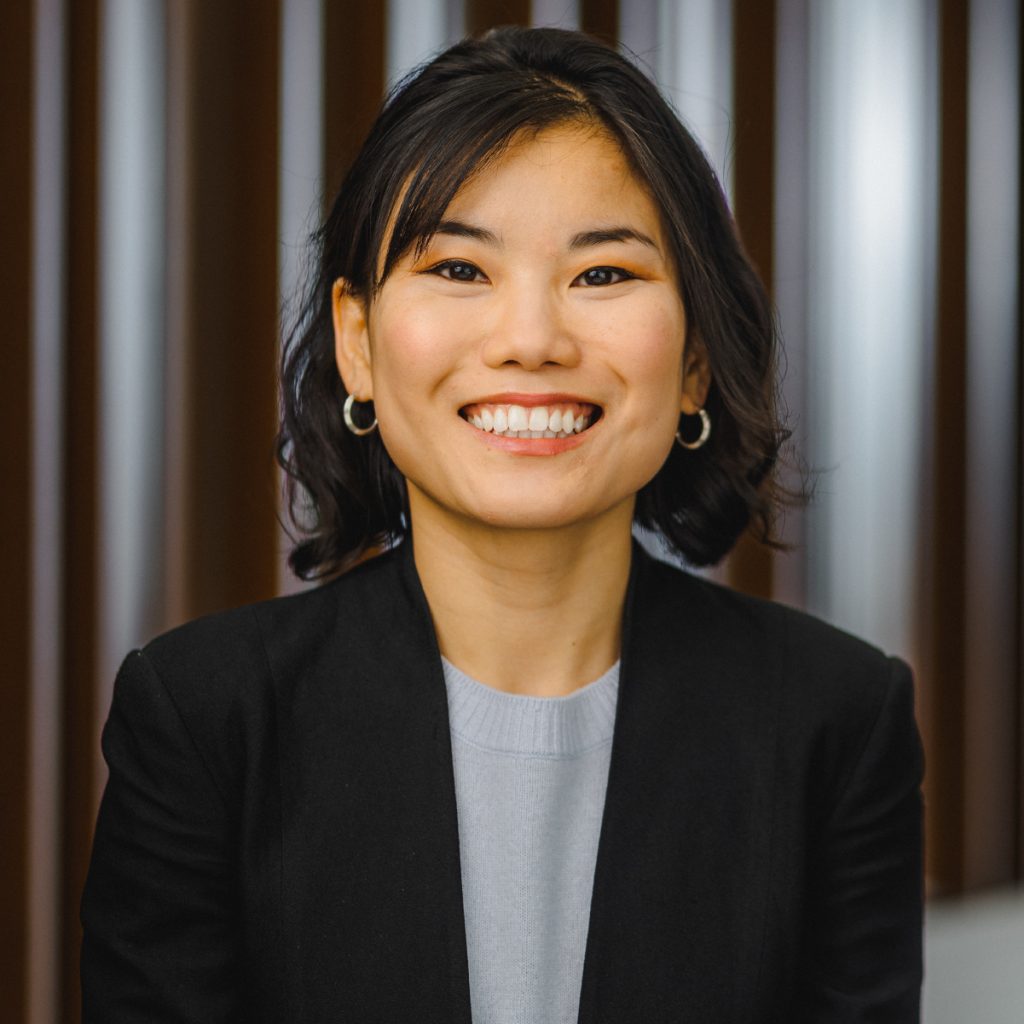
Lingxi Chenyang
Lingxi Chenyang is Associate Professor of Law at the University of Utah, S.J. Quinney College of Law. Her research is at the intersection of food and agricultural law and climate change. She graduated from Yale Law School with a J.D. and the University of Michigan with a Ph.D. in philosophy.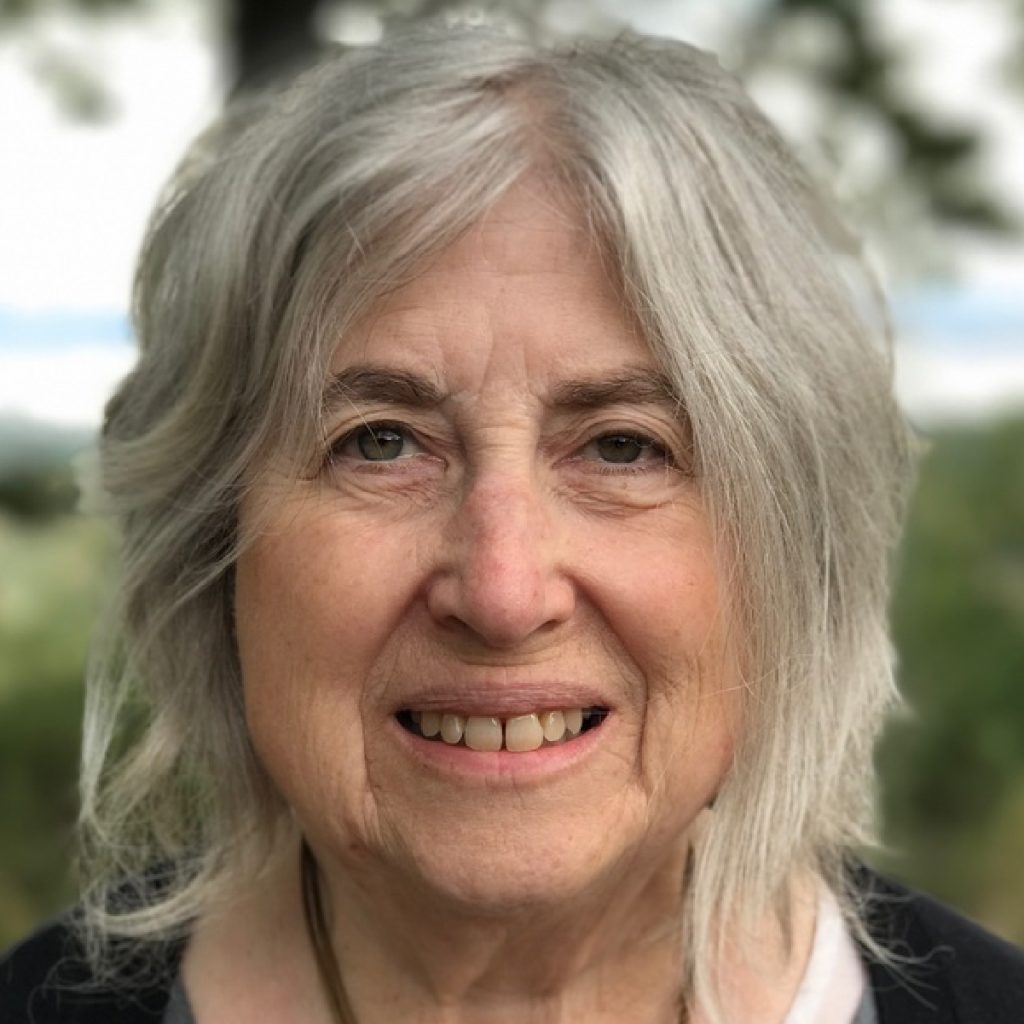
Jane Maslow Cohen
Jane Maslow Cohen is the Edward Clark Centennial Professor of Law at the University of Texas School of Law. She graduated from Wellesley College as a Durant Scholar (highest academic honors), Phi Beta Kappa, after spending her junior year at Princeton University, and from the Yale Law School, after spending her third year at Harvard Law School. She practiced law in Boston, Massachusetts, then served as Professor of Law on the faculty of Boston University School of Law.
Professor Cohen teaches in the areas of water law and policy; the ethics and regulation of food production and agricultural law and trade; and climate and planetary function. Currently, her research and writing center on forests and on the clashing discourses of climate ethics, science, and regulatory policy.”
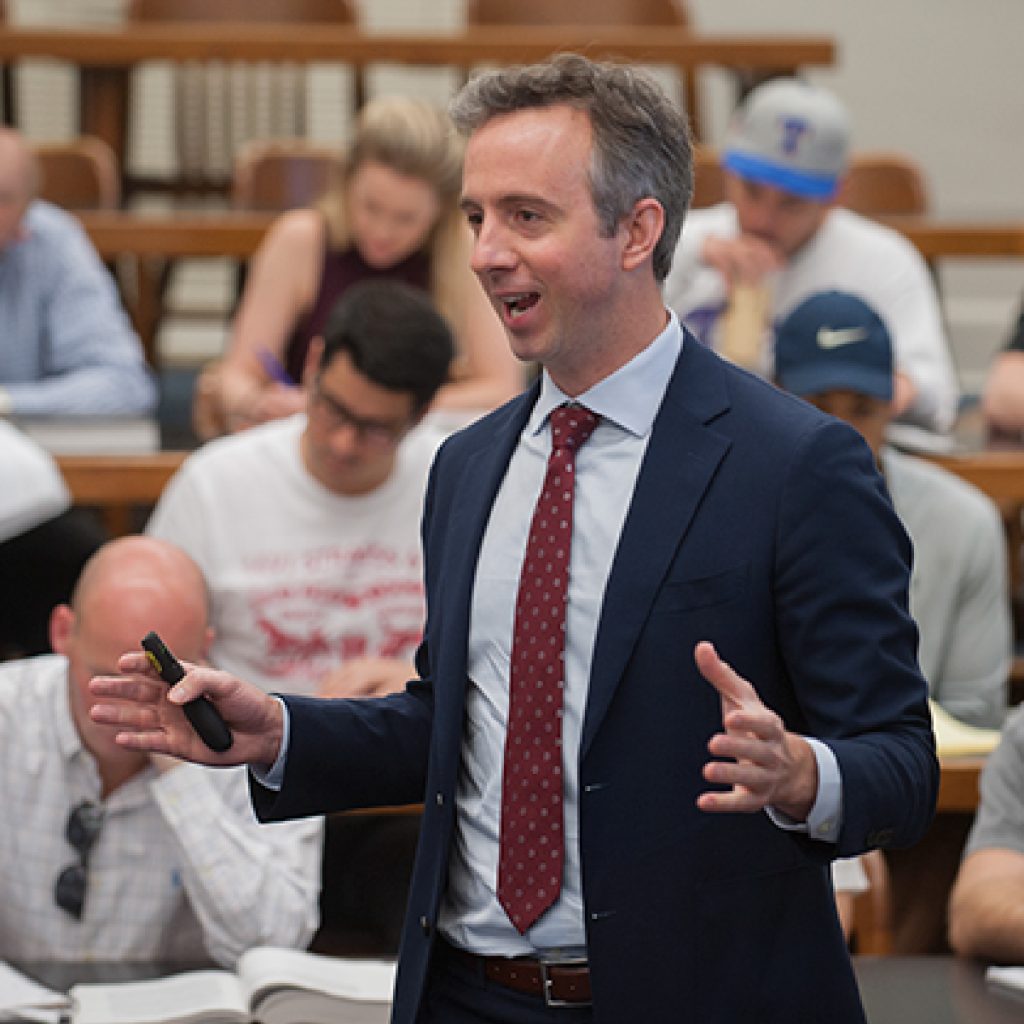
James Coleman
James Coleman is a Professor at Southern Methodist University’s Dedman School of Law and a Fellow at the American Enterprise Institute. He received his undergraduate degree in biology and his law degree from Harvard University. After law school he practiced energy and appellate law at Sidley Austin in Washington, D.C.
Before SMU, he taught at the University of Calgary’s law school and business school. He also served the provincial government as part of the Alberta Royalty Review expert panel, which modernized management of Alberta’s oil and gas resources. Before Calgary, he served on the faculty at Harvard Law School as a Lecturer on Law. Professor Coleman’s scholarship explores how global energy companies respond to competing pressures from investors and regulators in multiple jurisdictions. Professor Coleman teaches Oil & Gas Law, Energy Law, and Energy Transport and Trade. He will be a Professor of Law at the University of Minnesota Law School starting next month.
Lingxi Chenyang is Associate Professor of Law at the University of Utah, S.J. Quinney College of Law. Her research is at the intersection of food and agricultural law and climate change. She graduated from Yale Law School with a J.D. and the University of Michigan with a Ph.D. in philosophy.
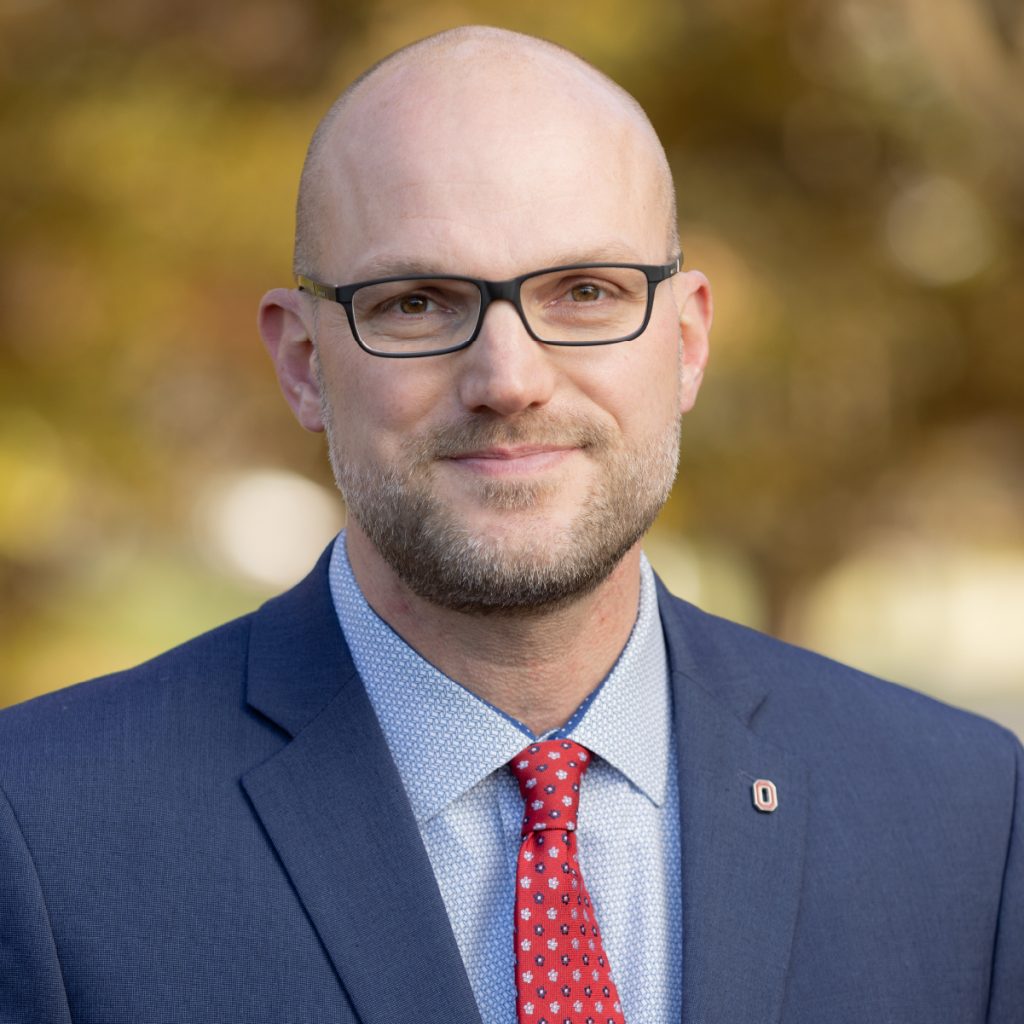
Lincoln Davies
Lincoln Davies is the 20th dean of The Ohio State University Michael E. Moritz College of Law. An internationally recognized expert in energy law and policy, he has written extensively on renewables, utility regulation, carbon capture and sequestration, nuclear power, and regulatory and technology innovation. He has completed policy and research work for the U.S. Department of Energy, the Korean government, and the Brookings Institution, and has been selected for prestigious law and policy fellowships in Germany and Australia. His most recent work focuses on regional transmission organization (RTO) governance, including the development of organized electricity markets in the western United States.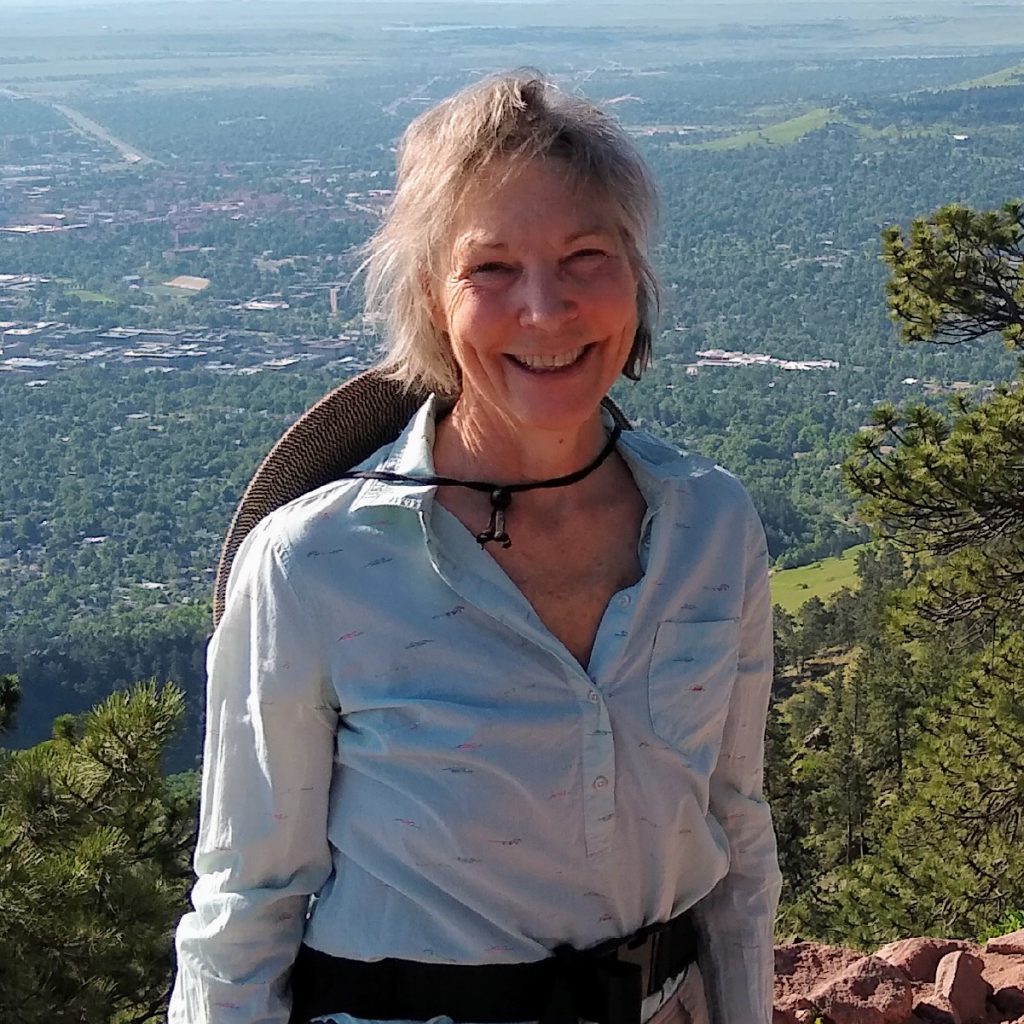
K.K. DuVivier
After a four years the first woman exploration geologist worldwide for a French mineral company, K.K. DuVivier attended law school at the University of Denver (DU). She finished law school in 1982 and practiced natural resources law as an associate first at the firm of Sherman & Howard and then at Arnold & Porter’s Denver-based office. She later worked as an Assistant City Attorney for the City and County of Denver and as the Reporter of Decisions for the Colorado Court of Appeals.
Professor DuVivier started full-time teaching at the University of Colorado School of Law in 1990, and she joined the faculty at DU in 2000. Her awards include the 2013 Sturm Faculty Excellence Award for “Best Professor”; Sturm Mentorship Award 2013-2014; Hughes-Ruud Research Professor 2015; American Association of Law School’s DU Teacher of the Year 2015; the Robert B. Yegge Excellence in Teaching Award from DU in 2018; the Clyde O. Martz Award from the Rocky Mountain Mineral Law Foundation in 2019; and the MICDS Distinguished Alumni Award in 2020.
Professor DuVivier is currently the John A. Carver Chair in Natural Resources Law at DU and has taught a variety of subjects over the years, including Energy Law, Renewable Energy Law, Civil Procedure, Wills & Trusts, Mining Law, Legal Research & Writing, Local Government, and Environmental Law. Using her science background, Professor DuVivier has taught interdisciplinary courses and received a National Science Foundation award to partner with an atmospheric scientist and an economist to address wind farm impacts. From 2009-2010, she was designated Director of DU Law’s Environmental and Natural Resources Law Program. She also has taught energy and renewable energy courses as a visiting professor at Lewis & Clark Law School and at the University of Houston Law Center.
The numerous legal articles and book chapters Professor DuVivier has authored or co-authored have placed her in the top ten percent of Authors on the Social Science Research Network (SSRN) measured by all-time downloads: She is sole author of two books. The Renewable Energy Reader (Carolina Academic Press 2011) was the first devoted exclusively to U.S. renewable energy law. Her second book, Energy Law Basics (Carolina Academic Press 2017), spans a wide spectrum of energy issues. In addition, Professor DuVivier co-authored an interdisciplinary work published in NATURE ENERGY on November 26, 2018: Costs and consequences of wake effects arising from uncoordinated wind energy development, J. K. Lundquist, K. K. DuVivier, D. Kaffine, J. M. Tomaszewski, NATURE ENERGY.
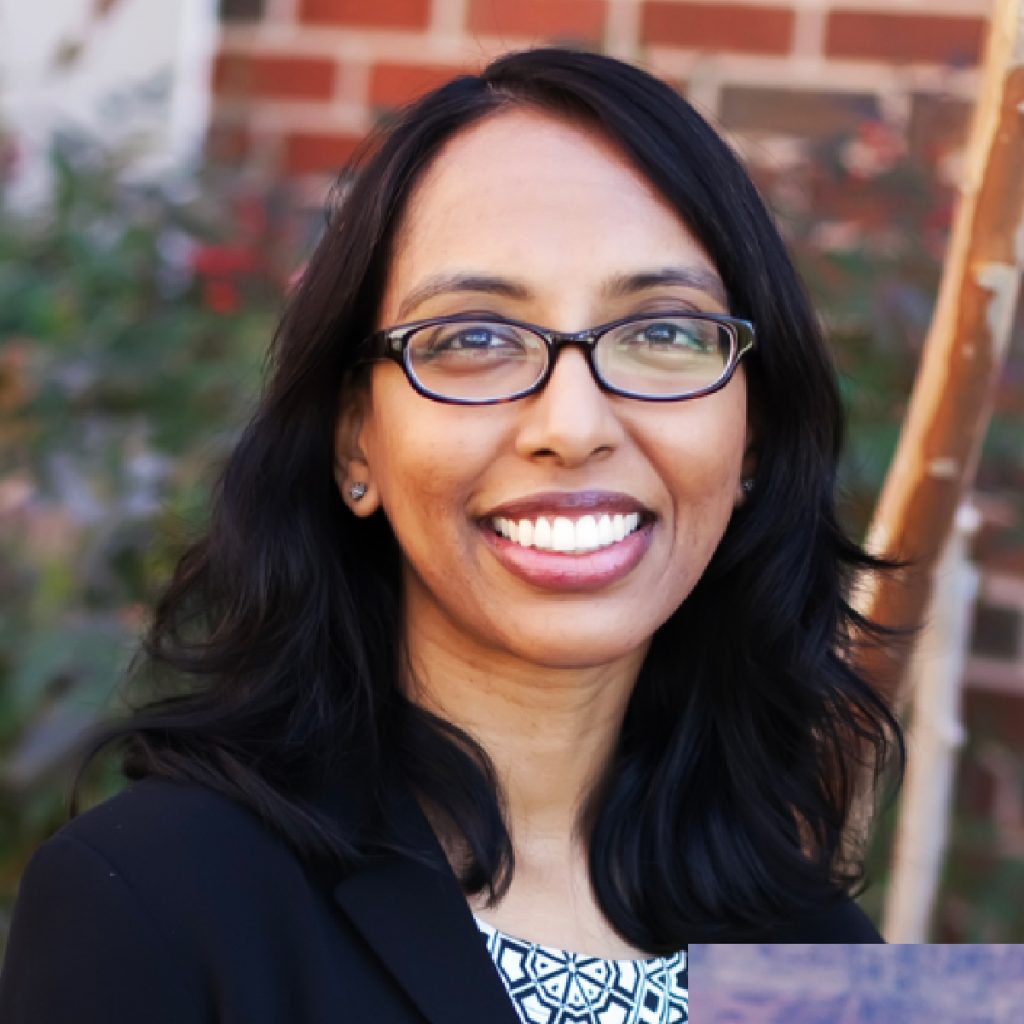
Monika U. Ehrman
Monika U. Ehrman is Professor of Law at SMU Dedman School of Law. She was previously Professor of Law & Faculty Director of the Oil & Gas, Natural Resources, and Energy Center at the University of Oklahoma College of Law, where she led the energy and natural resources program. Her scholarly interests are in the areas of natural resources, property, energy law, and environmental policy.
She is the Secretary of the AALS Section on Natural Resources and Energy Law and on the Editorial Board of the Journal of World Energy Law & Business, published by Oxford University Press. She recently served on the Board of Directors for the Foundation for Natural Resources and Energy Law.
She has a B.Sc. in Petroleum Engineering from the University of Alberta; J.D. from SMU Dedman School of Law; and Master’s in Law from Yale Law School, where she was Research Assistant for the Yale Center for Environmental Law & Policy.
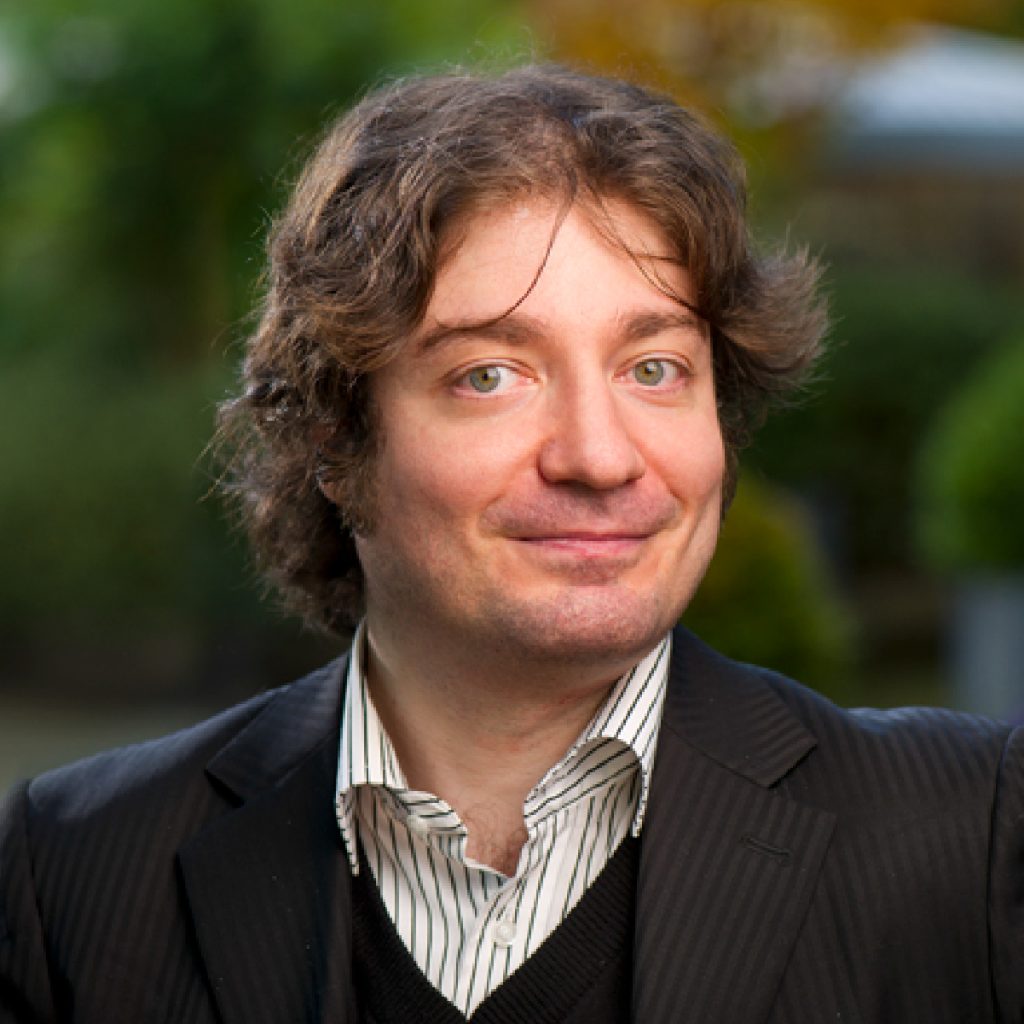
Paolo D. Farah, Ph.D.
Professor Paolo Davide Farah is a Full Professor of Public Administration and Public Policy (with tenure) at West Virginia University, Eberly College of Arts and Sciences, John D. Rockefeller IV School of Policy and Politics, having joined the faculty in 2014. He is Coordinator of the Eberly College Interdisciplinary Research Collaborative on Global Challenges and Local Responses Initiatives and Director of the Energy Justice and Just Transition Lab.
Professor Paolo Davide Farah is also a Visiting Professor of Law at the University of Pittsburgh School of Law teaching International Environmental Law, Commercial Transactions in Goods, International Trade Law and Commercial Law of China.
Professor Paolo Davide Farah is Founder, President and Director of gLAWcal – Global Law Initiatives for Sustainable Development. . He is an “Internationally Renowned Professor/Distinguished Professor of Law” (Full Professor level) at Beijing Foreign Studies University (BFSU), Law School, Beijing, China. He is a Senior Research Fellow at the Institute of International Economic Law (IIEL), Georgetown University Law Center, Washington DC, USA.
He is teaching and researching in public policy and public administration, democratic context of public administration, legal and political foundations, international and comparative law, business, commercial and corporate law, environmental law and policy, energy law and policy, climate change, international trade, intellectual property rights, business and human rights, social justice,. Professor Farah is an expert in the interaction among trade, economic globalization and non-trade concerns, such as sustainable development, energy, environment and human rights.
He acts as Editor-in-Chief for the Book Series “Transnational Law and Governance” and for the Book Series of “Global Law and Sustainable Development” (in English) published by Taylor & Francis, Routledge (New York/London). He is Co-Editor for the Series on “Global Issues” published by Palgrave MacMillan (New York/London).
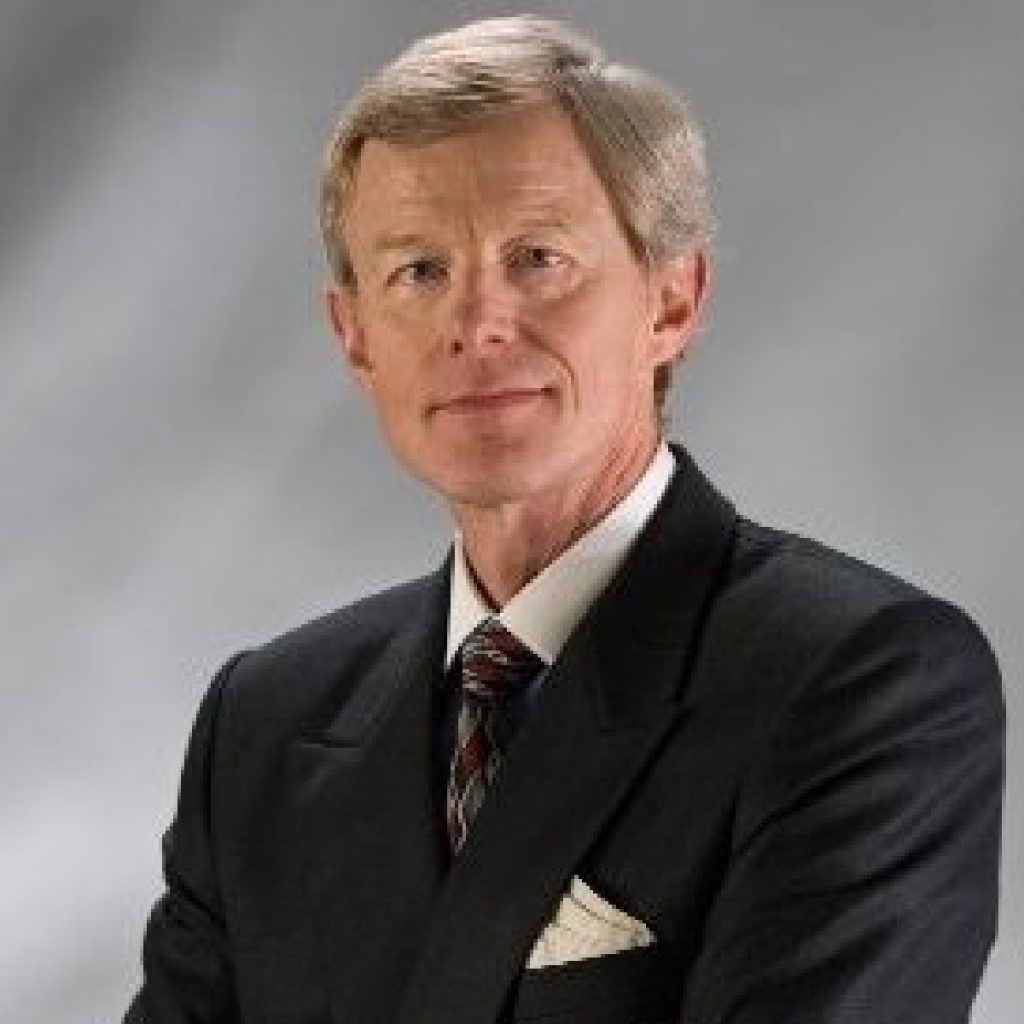
Steven Ferrey
Steven Ferrey, is Professor of Law at Suffolk University Law School, and served as Visiting Professor of Law at Harvard Law School, at Lewis & Clark Law School, and at Boston University Law School. His scholarship centers around Constitutional/sustainability law, focusing on energy, climate, and environmental topics.
He served as a primary legal advisor to the World Bank and to the United Nations on international renewable energy and climate matters. He holds a J.D., a Master of Science degree in urban and regional environmental planning, and was a Fulbright Fellow at the University of London between his two U.S. graduate degrees. He was appointed by the U.S. President and served on three different national presidential commissions, served as Vice-Chair of two different ABA Climate Committees, and has testified before seven different committees of the U.S. Congress on these matters.
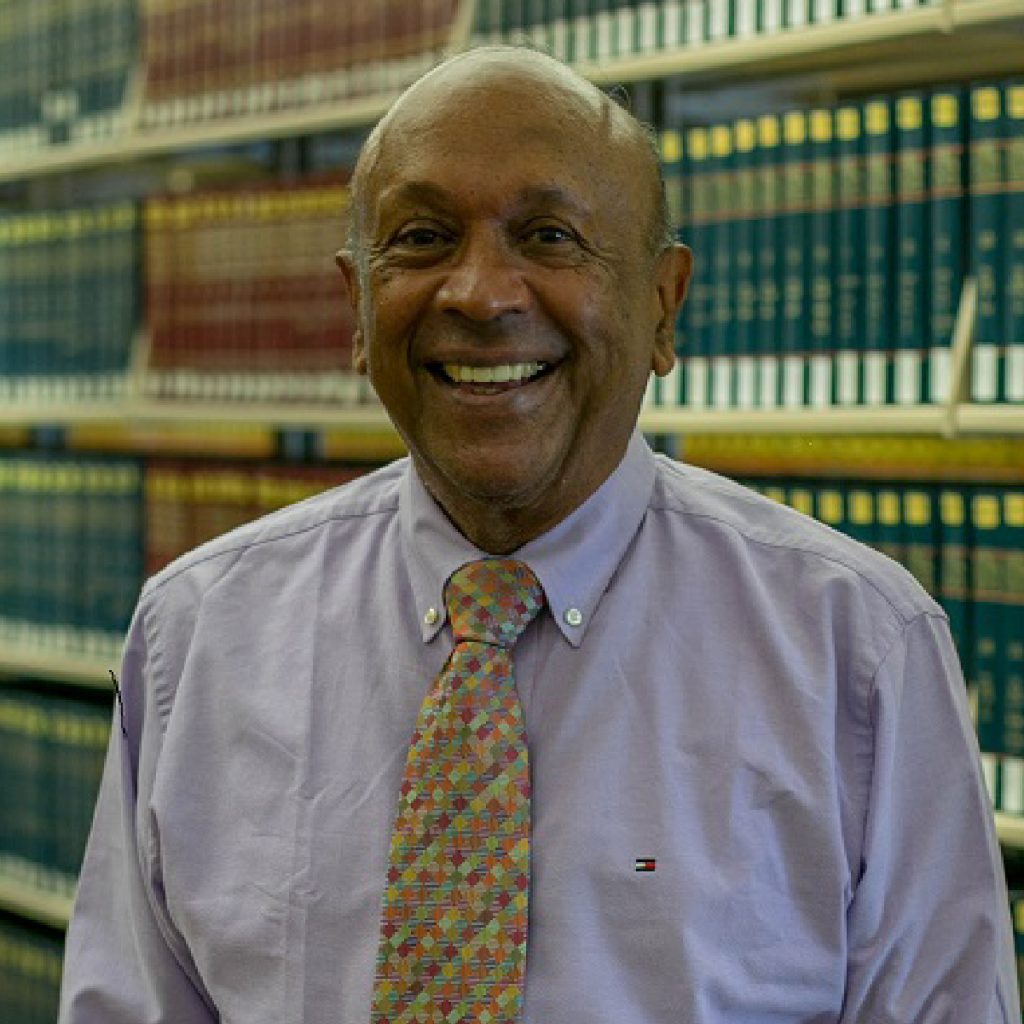
Lakshman Guruswamy
Lakshman Guruswamy, who was born in Sri Lanka, is a nationally and internationally recognized author, expert and speaker in International Law, International Environmental and Global Energy Law. He is the Nicholas Doman Professor of International Law Emeritus at the University of Colorado at Boulder (CU).
Prior to joining CU, he taught in Sri Lanka, the UK, and the Universities of Iowa and Arizona. At CU his classes included international law, International Environmental Law, Global Energy Justice, Oil and International Relations, and International Law. He presently directs the Global Energy Justice Initiative of the CU School of Law. His research uses interdisciplinary frameworks to explore how and why energy justice calls for the fashioning of practical energy solutions, for the energy poor inhabiting the least developed parts of the developing world. Lakshman is widely published, and is a frequent speaker at scholarly meetings in the US and around the world. He is the author of International Environmental Law (6th ed., West, 2021), Global Energy Justice: Law and Policy (West, 2016), the co-editor of International Energy and Poverty: The Emerging Frontiers (Routledge, 2015), He co-authored International Environmental Law and World Order (2nd. 1999), Biological Diversity: Converging Strategies (1998), and Arms Control and the Environment (2001). He has authored over 50 scholarly articles published in law reviews and other peer reviewed journals, and won the 2016 Senior Scholar award granted by the Environmental Academy of the International Union for the Conservation of Nature (IUCN). He is currently working on: National Legislation to Address Global Energy Poverty (forthcoming 2024).
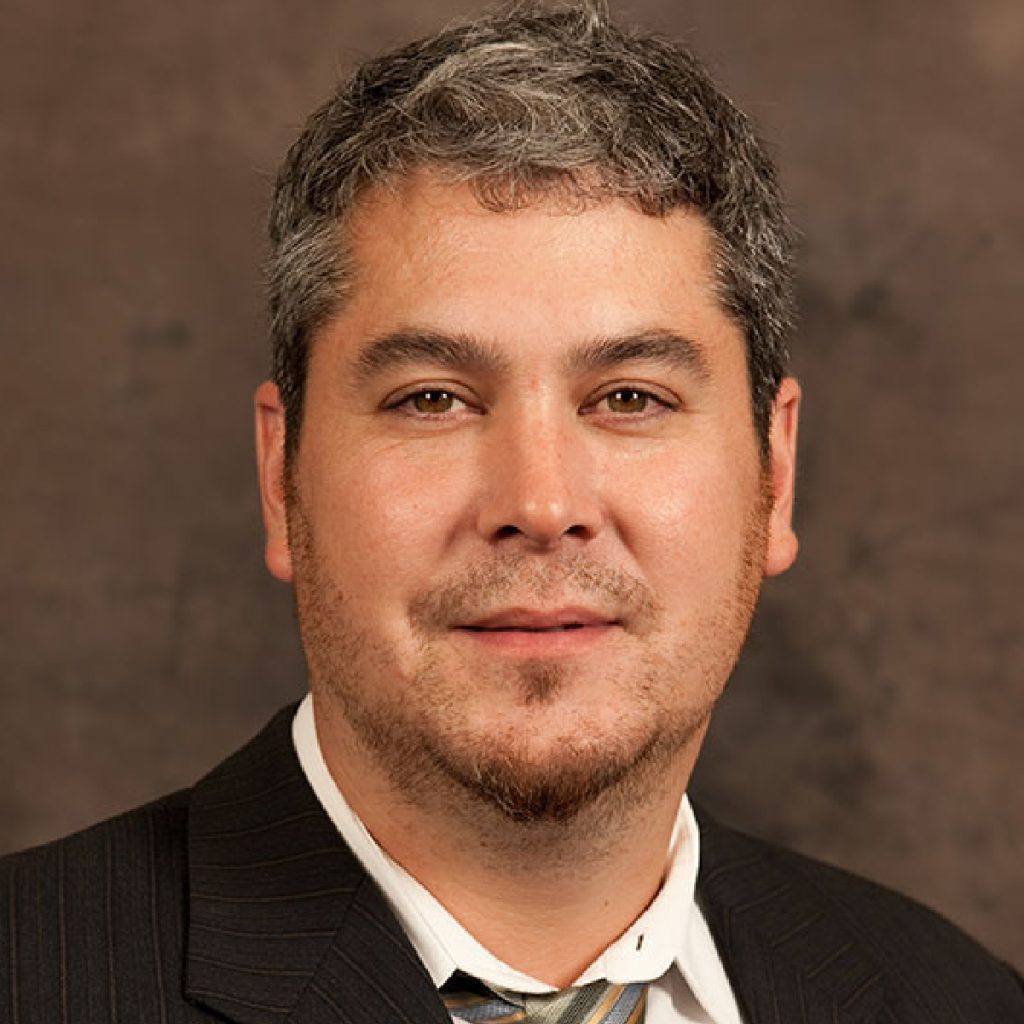
Keith H. Hirokawa
Professor Hirokawa joined the faculty at Albany Law School in 2009. He teaches courses involving environmental and natural resources law, land use planning, property law, and jurisprudence. Professor Hirokawa’s scholarship has explored convergences in ecology, ethics, economics, and law, with particular attention given to local environmental law, ecosystem services policy, watershed management, and environmental impact analysis.
He has authored dozens of professional and scholarly articles in these areas and has co-edited (with Patricia Salkin) Greening Local Government (forthcoming 2012, ABA). Prior to joining the faculty at Albany Law, Professor Hirokawa was an Associate Professor at Texas Wesleyan University School of Law and an Adjunct Professor at the University of Oregon School of Law. Professor Hirokawa practiced land use and environmental law in Oregon and Washington and was heavily involved with community groups and nonprofit organizations. Professor Hirokawa studied philosophy and law at the University of Connecticut, where he earned his JD and MA degrees. He earned his LLM in Environmental and Natural Resources Law from Lewis & Clark Law School.
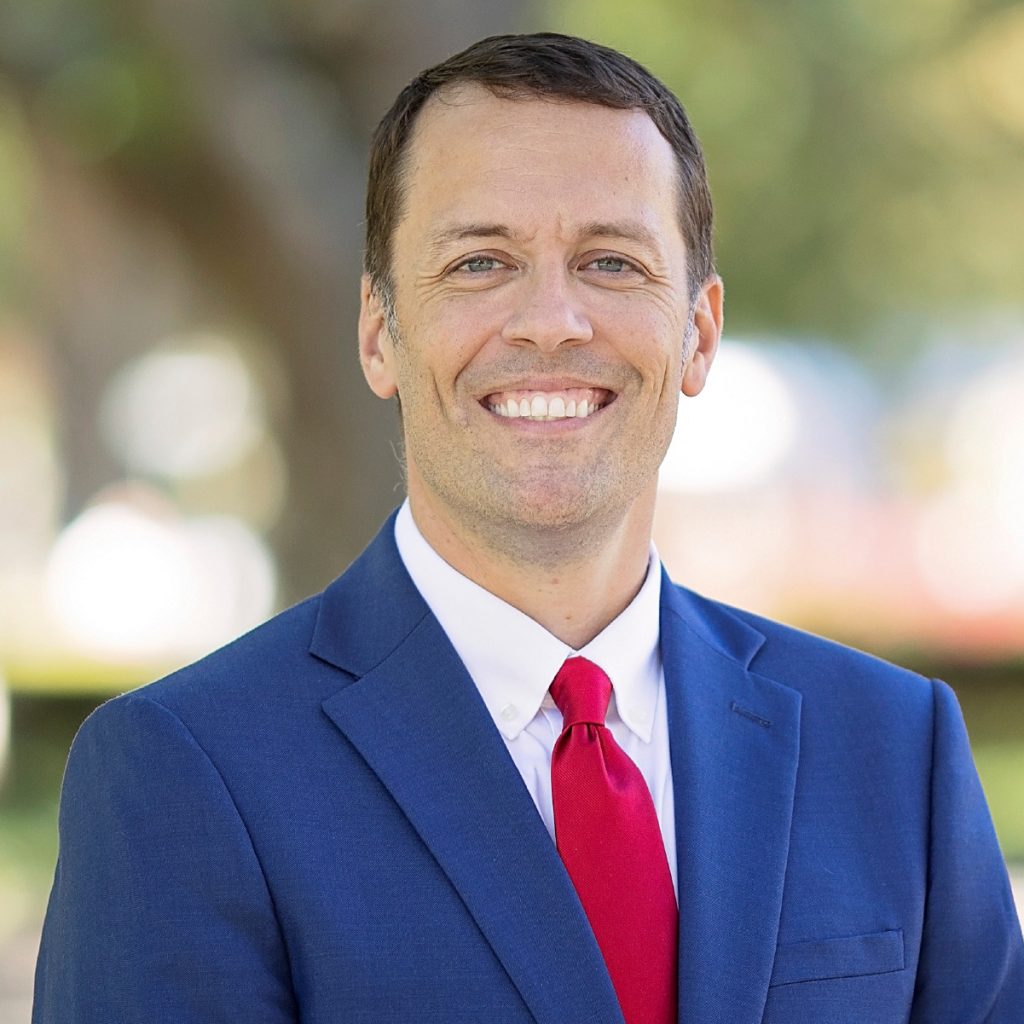
Blake Hudson
Blake Hudson is Dean and Professor of Law at Cumberland School of Law. He teaches courses related to property, environmental and natural resources law. His research focuses on the intersection of land use law, policy, and planning with natural resource management, with particular emphasis on the role of forest management in combating climate change and the implications of land development for sustainable natural resource management.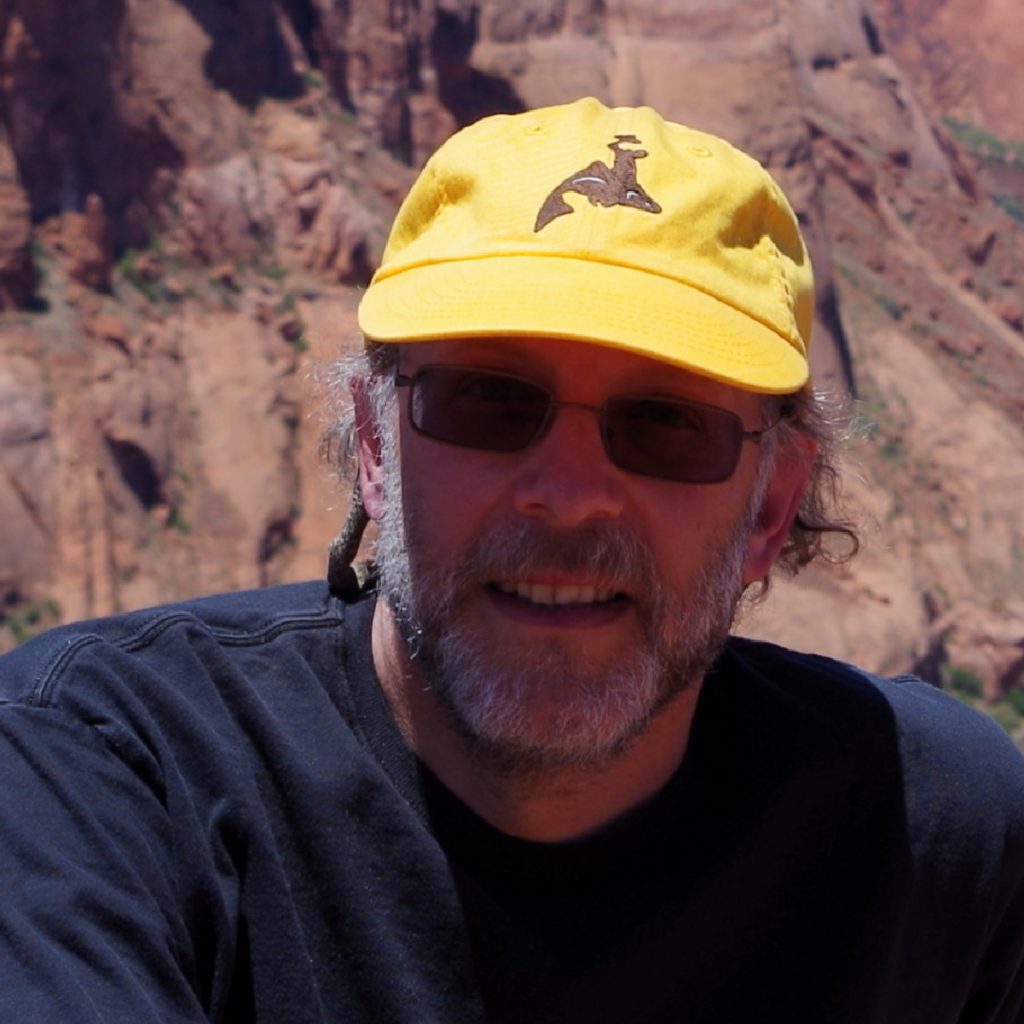
Sam Kalen
Sam Kalen is the Visiting McKinney Family Environmental Law Chair, at IU McKinney School of Law (2023-2024), and the William T. Schwartz Distinguished Professor of Law and Associate Dean, adjunct faculty at Wyoming’s Haub School of the Environment & Natural Resources, as well as the founder and co-director of the law school’s Gina Guy Center for Law and Energy Resources in the Rockies.
Sam earned his B.A. from Clark University in Worcester, Mass., and his J.D. from Washington University School of Law, in St. Louis. Before joining UW, Sam served in the Solicitor’s Office at the Department of the Interior during the Clinton administration, and for several years he practiced at a Washington, D. C. law firm, focusing on environmental law, energy law, public lands and natural resources, and Native American law. He writes and teaches in the areas of energy and climate law and policy, environmental law, public lands and natural resources, Native American law, administrative law, legislation, and legal history. Among other publications, he is a co-author of Energy Follies: Missteps, Fiascos, and Successes of America’s Energy Policy (Cambridge U. Press 2018), which explores the history of U.S. energy policy.
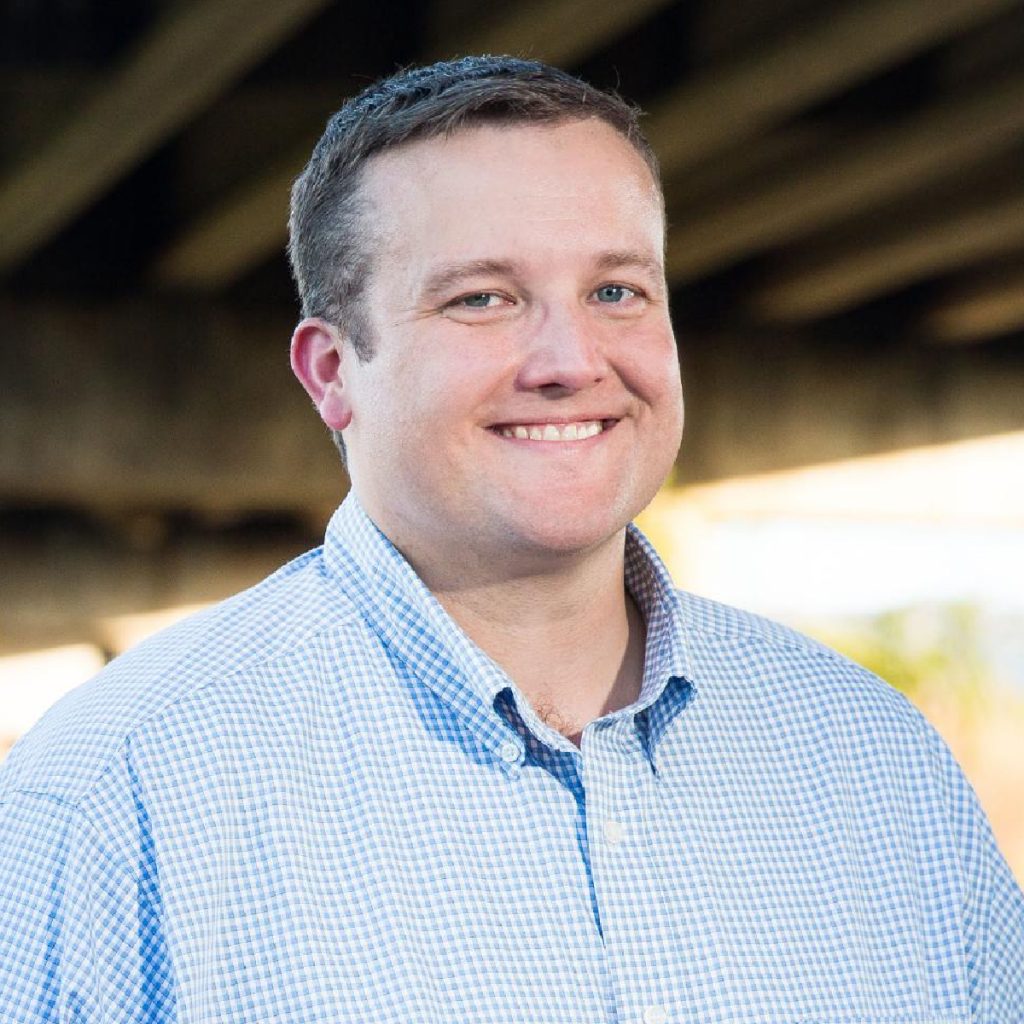
Rhett Larson
Rhett Larson is the Richard Morrison Professor of Water Law at Arizona State University’s Sandra Day O’Connor College of Law. He is also a senior research fellow with the Kyl Center for Water Policy at ASU’s Morrison Institute for Public Policy. Professor Larson’s research and teaching interests are in property law, administrative law, and environmental and natural resource law, in particular, domestic and international water law and policy. Professor Larson’s research focuses on the impact of technological innovation on water rights regimes, in particularly transboundary waters, and on the sustainability implications of a human right to water. Professor Larson also practiced environmental and natural resource law with law firms in Arizona, focusing on water rights, water quality, and real estate transactions.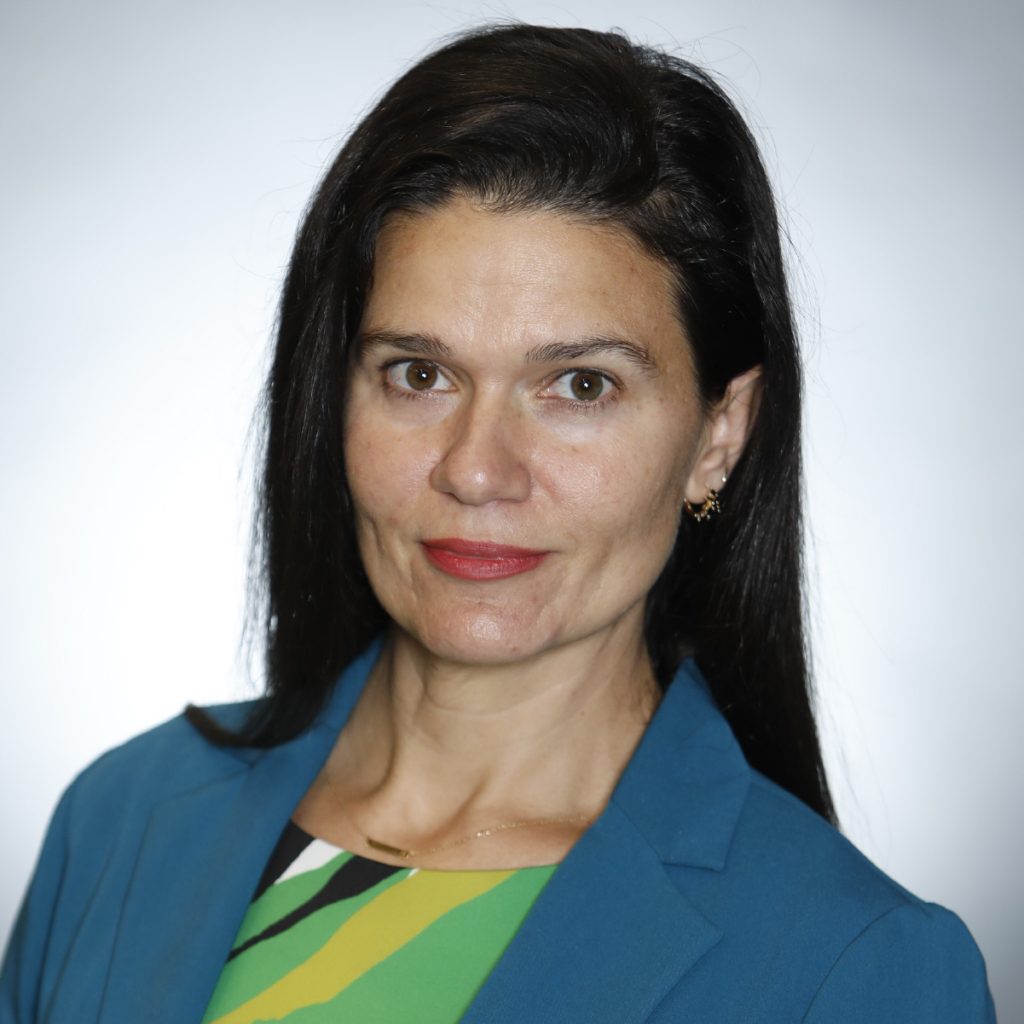
Jaclyn Lopez
Professor Jaclyn Lopez established and directs the Jacobs Public Interest Law Clinic for Democracy and the Environment at Stetson’s College of Law. She also teaches courses like professional responsibility, advanced legal research and writing, environmental practice, and topics in biodiversity. She comes to Stetson Law from the Center for Biological Diversity, where she served as the environmental nonprofit’s Florida Director and senior attorney for over a decade. She holds a master of laws in environmental and land-use law from the University of Florida, a J.D. from the University of Denver Sturm College of Law, and a master’s degree in urban planning from the University of Arizona. She writes and lectures on access to courts and decisionmakers, corporate interference in democracy, climate change, water and air quality, environmental injustice, and the extinction crisis.
Sean Lyness
Sean Lyness is an Assistant Professor of Law at New England Law Boston. Following law school, he clerked for the Presiding Justice of the Rhode Island Superior Court and worked as a Special Assistant Attorney General for the Rhode Island Office of the Attorney General. While at New England Law, Professor Lyness has taught Civil Procedure, Property, Administrative Law, Constitutional Law, and an environmental seminar. Professor Lyness’s research interests are in environmental law at the state and local levels.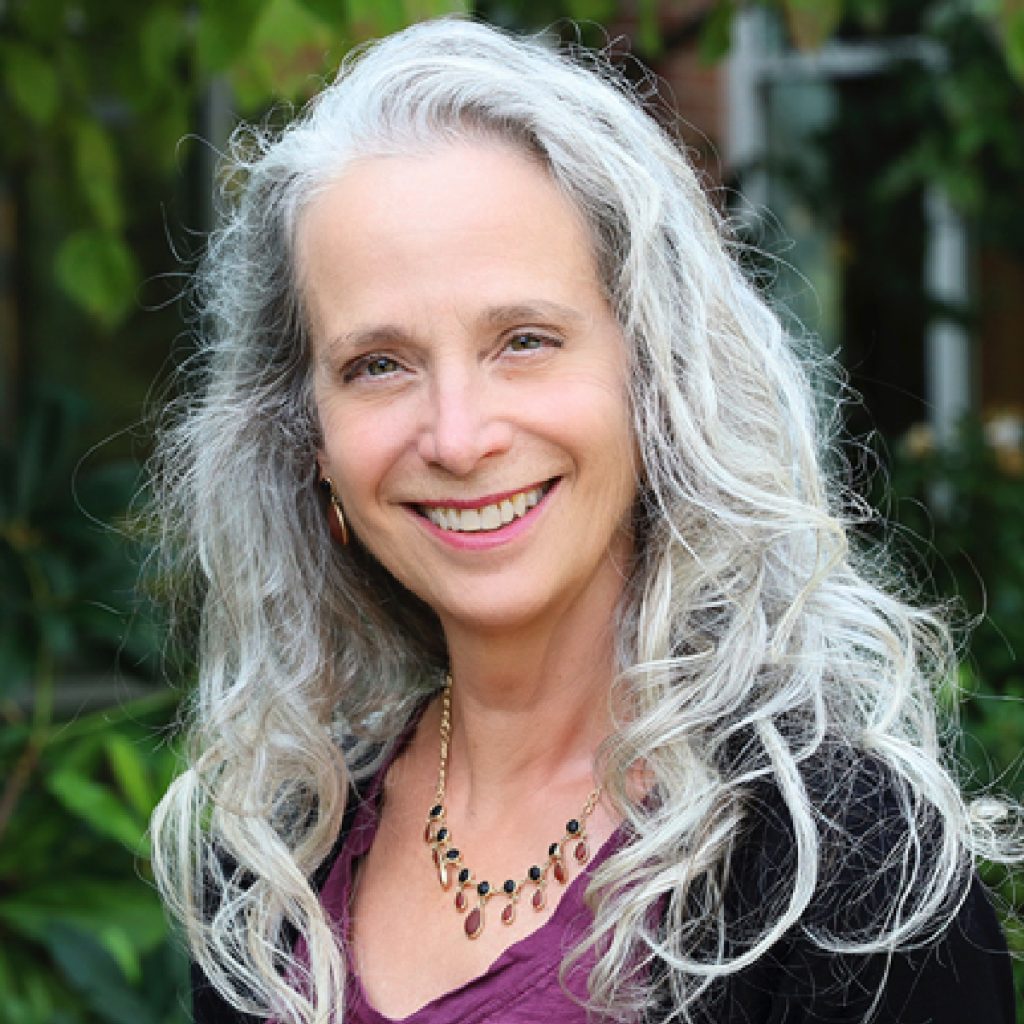
Roberta Mann
Roberta Mann is Professor Emerita at the University of Oregon School of Law. Before entering academia, Roberta served as a senior attorney-advisor at the Office of Chief Counsel of the Internal Revenue Service at the National Office in Washington, D.C. She also served on the staff of the Joint Committee on Taxation. Roberta has published numerous law review articles and book chapters, many of which covered environmental tax issues. She was the co-editor of “Tax Law and the Environment”, published in 2018 by Lexington Books. In July and August 2023, Roberta served as an Erskine Fellow at the University of Canterbury in Christchurch New Zealand, co-teaching two tax policy courses.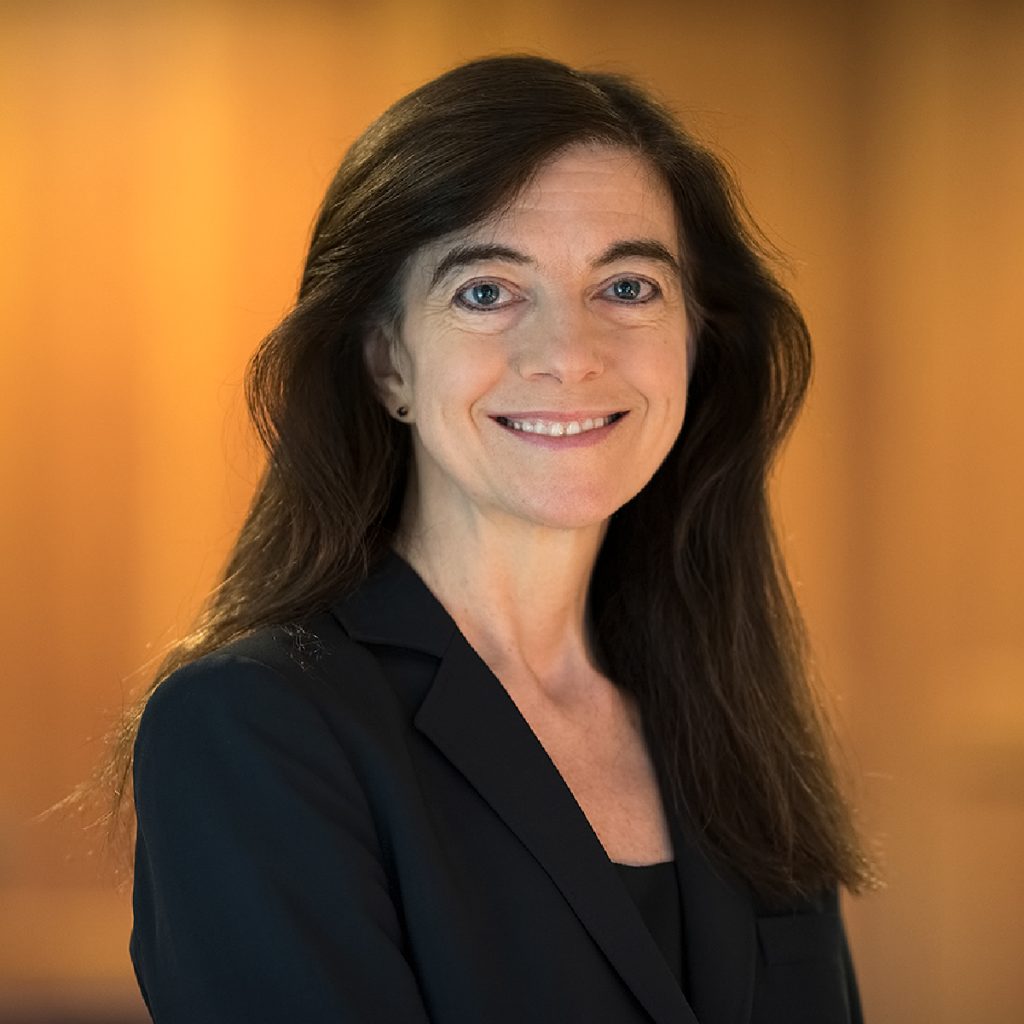
Nancy McLaughlin
Professor Nancy McLaughlin is a leading national expert on conservation easements and the tax incentives offered for their donation. She has published more than thirty articles as well as book chapters and reports on these topics and lectures extensively on these issues. Each year, she organizes the virtual program, Trying Times: Conservation Easements and Federal Tax Law, which features six panelists with extensive experience in the field.
Professor McLaughlin served as Reporter for the Uniform Law Commission’s Uniform Conservation Easement Act Study Committee and as an Observer regarding conservation easement law for the Uniform Easement Relocation Act. She is a member of the ABA’s Real Property, Trust, and Estate Law Section and served on the Section’s Conservation Easement Task Force, which published an extensive report on recommended reforms to federal tax law. She also is a member of the Board of Directors of Utah Open Lands (a state-wide land trust), a member of the Habitat Protection Advisory Committee of the national Wildlife Land Trust, and a member of the Lands Protection Committee of Vital Ground, a land trust that conserves and connects habitat for grizzly bears and other wildlife. And she served on the Land Trust Alliance’s Conservation Defense Advisory Council and as a member of its Conservation Easement Amendment Policy Group.
Professor McLaughlin is a member of the American Law Institute and served as Associate Reporter for the first edition of the Restatement of the Law of Charitable Nonprofit Organizations (Am. Law Inst. 2021). She also is a Fellow and served on the Board of Regents of the American College of Trust and Estate Counsel (ACTEC), and serves as ACTEC’s representative on the Joint Editorial Board for Uniform Trusts & Estates Acts. Professor McLaughlin consults with land trusts, landowners, government entities, federal and state regulators, and others regarding conservation easements and nonprofit governance issues.
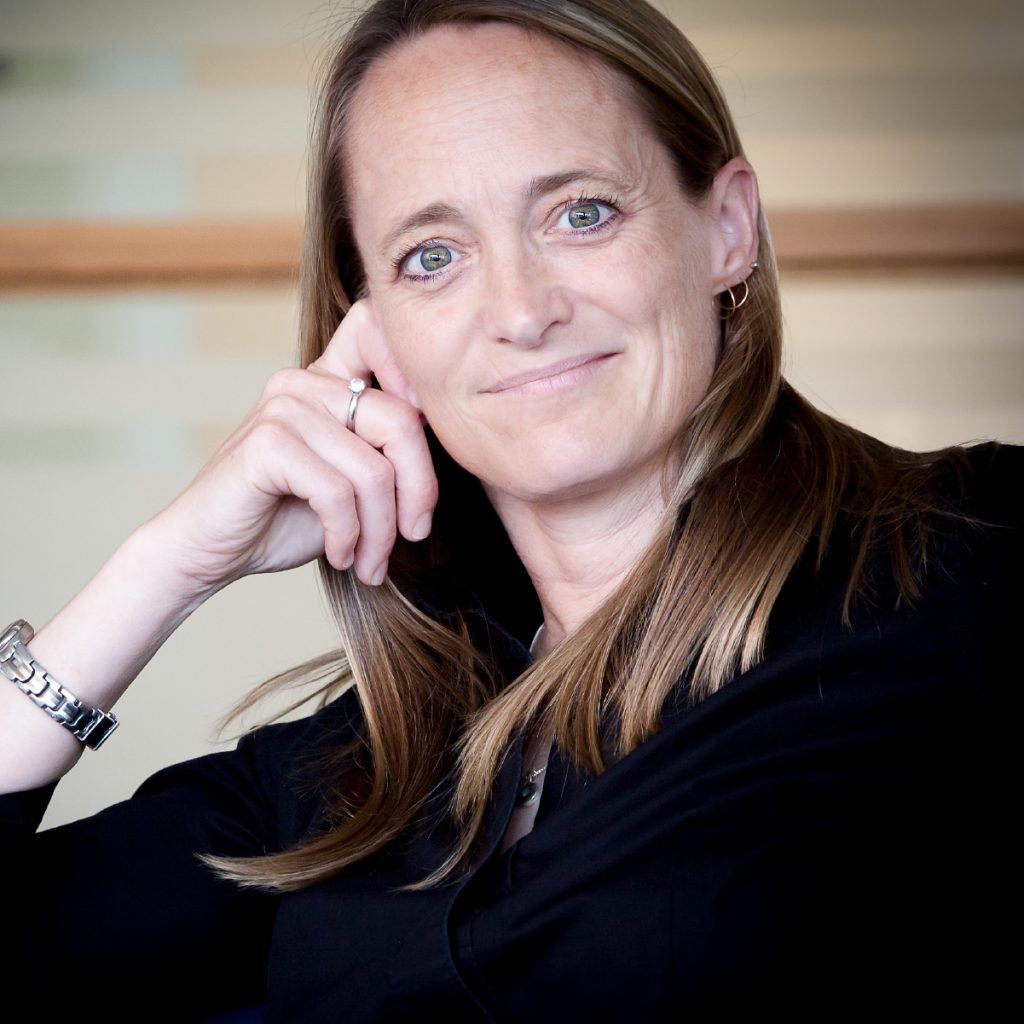
Cherie Metcalf
Cherie Metcalf (BAH (Econ)(Queen’s); MA, PhD (Econ)(UBC); JD(Queen’s); LLM (Yale)) is Associate Dean for Research and Associate Professor at Queen’s Faculty of Law, cross appointed to the Department of Economics. Her research generally focuses on environmental and resource law and policy, especially intersections with Indigenous rights.
She often uses empirical methods and interdisciplinary approaches. Her most recent project relates to climate change and has been funded by the Social Science & Humanities Research Council of Canada (SSHRC) and the Canadian Foundation for Legal Research. She has published in journals including the Northwestern University Law Review, International Review of Law & Economics, Canadian Public Policy, University of Toronto Law Journal, and Journal of Empirical Legal Studies and regularly presents in Canada and the US. She held a Fulbright at Yale and was an invited visitor at the University of Colorado Faculty of Law & Institute of Behavioral Sciences Institutions Program, and Vancouver School of Economics at UBC. She teaches public & constitutional law, law & economics, and (when she has the chance) international environmental & resource law.
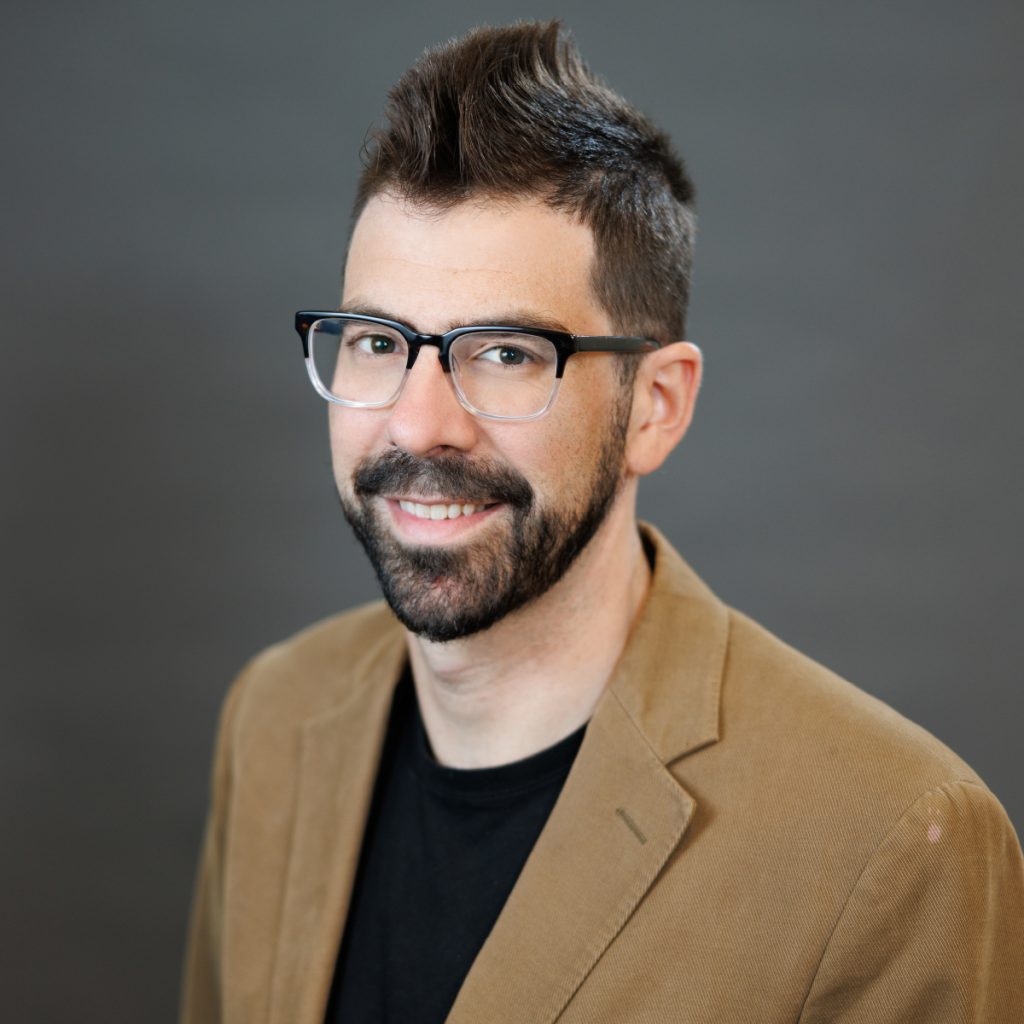
Anthony Moffa
Professor Anthony Moffa directs the Environmental and Oceans Law certificate program at University of Maine School of Law, where he also serves as the Associate Dean for Research and Innovation. Prior to academia, he was an Attorney-Advisor in the General Counsel’s Office of the U.S. Environmental Protection Agency.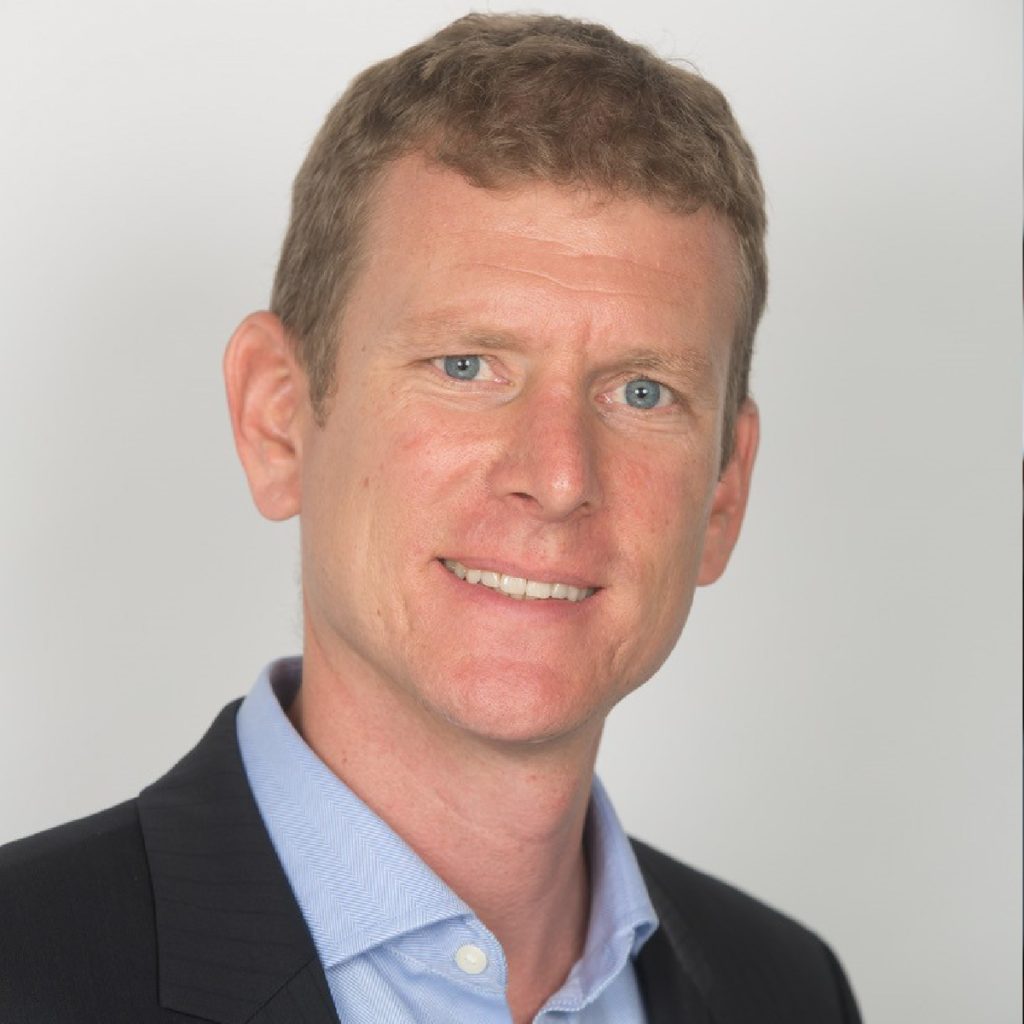
Felix Mormann
Felix Mormann is Professor of Law and Professor of Engineering at Texas A&M University. Professor Mormann’s research interests lie at the intersection of law and innovation in the context of climate and energy law and policy. Drawing on his background as an internationally trained corporate and energy lawyer, Mormann investigates domestic and international policy and regulation related to clean-energy technologies.
Professor Mormann’s recent publications include Virtual Energy, Ill. L. Rev. 107 (2024); Climate Choice Architecture, 64 B.C. L. Rev. 1 (2023) The Case for Corporate Climate Ratings: Nudging Financial Markets, 53 ARIZ. ST. L.J. 1209 (2022); Beyond Algorithms: Toward a Normative Theory of Automated Regulation, 62 B.C. L. Rev. 1 (2021) and Why the Divestment Movement is Missing the Mark, 10 Nat. Clim. Change 1067 (2020).
Prior to joining Texas A&M, Professor Mormann served on the faculty of University of Miami School of Law and as a faculty fellow at Stanford Law School. Mormann worked as a corporate and energy lawyer for some of Germany’s premiere law firms. As a management consultant for McKinsey & Company, he advised international clients from the high-tech sector. Professor Mormann holds a German JD and a JSD from the University of Passau School of Law as well as an LLM from UC Berkeley School of Law.
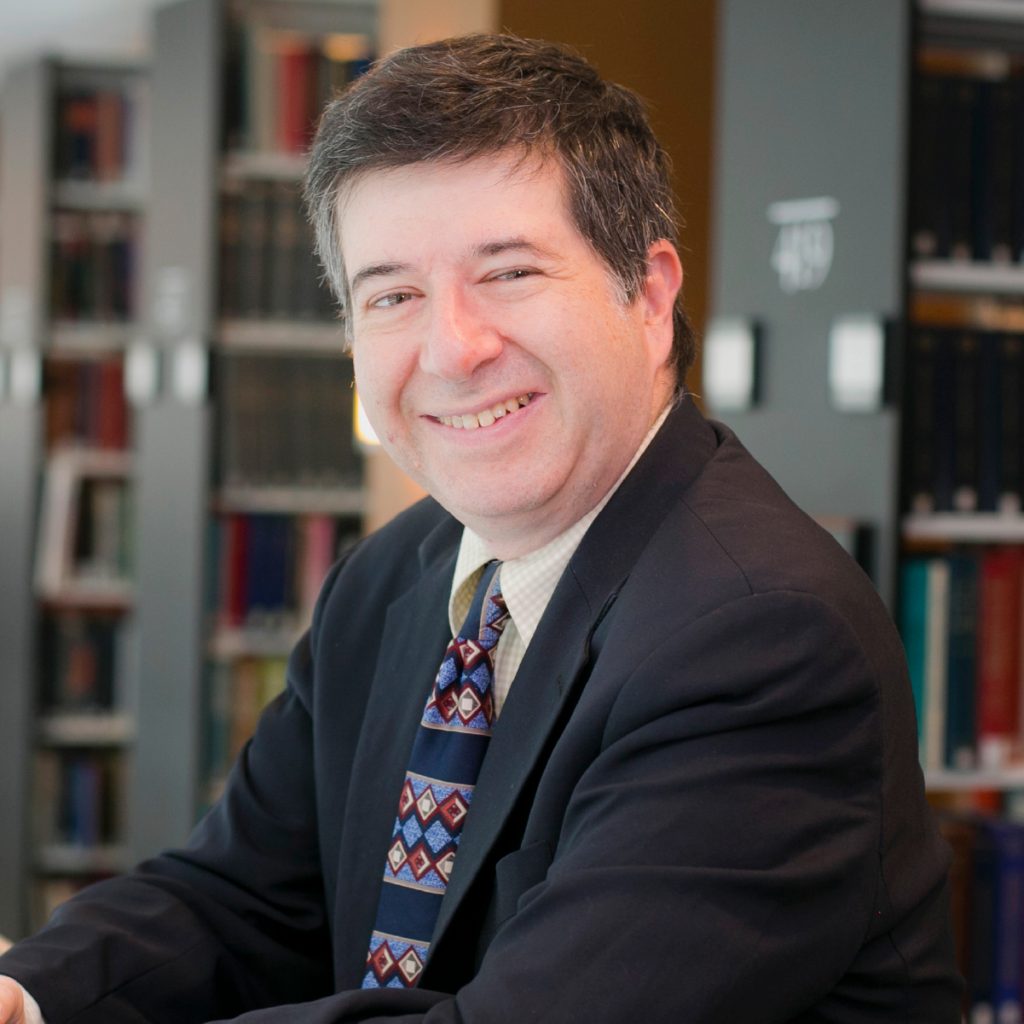
Jonathan Nash
Jonathan Nash is Robert Howell Hall Professor and Director of the Center on Federalism and Intersystemic Governance at Emory University School of Law. He specializes in environmental law, federal courts and jurisdiction, and the study of courts and judges.
He is a prolific scholar, publishing in the Columbia Law Review, the Cornell Law Review, the Iowa Law Review, the Journal of Empirical Legal Studies, the Michigan Law Review, the NYU Law Review, the Northwestern University Law Review, the Notre Dame Law Review, the Stanford Law Review, the Southern California Law Review, the Vanderbilt Law Review, the Virginia Law Review, and the Yale Law Journal, among other leading journals. He received his B.A. in mathematics summa cum laude from Columbia University, his J.D. magna cum laude from New York University School of Law, his LL.M. from Harvard Law School, and his Ph.D. in political science from Emory University.
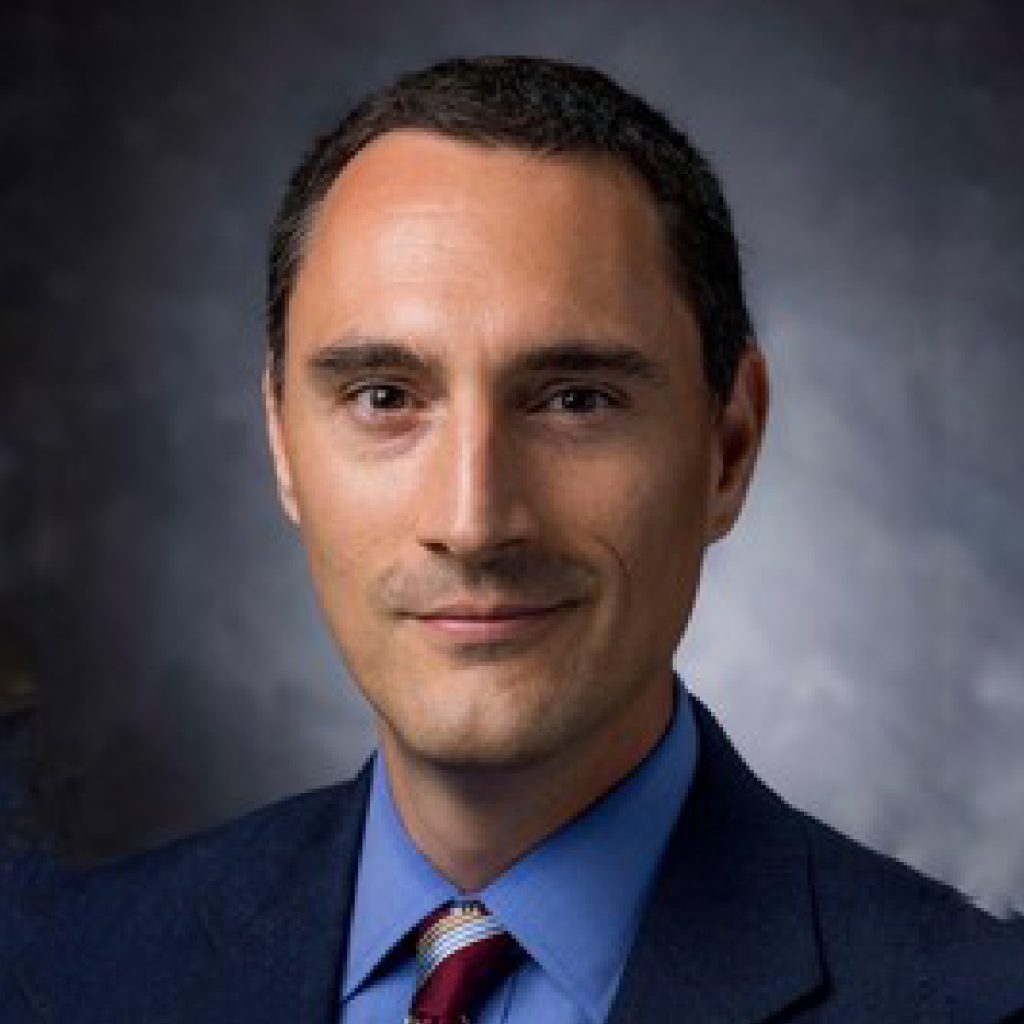
Adam D. Orford
Dr. Adam D. Orford is an assistant professor at the University of Georgia School of Law, where he teaches and writes about environmental law, renewable energy law and policy, and the law of climate change. He received his J.D. from Columbia Law School, and holds a Master’s in Public Policy and a Ph.D. in Energy and Resources, both from U.C. Berkeley. In addition to his legal scholarship, Professor Orford is currently involved in a number of collaborative interdisciplinary research projects at UGA, including developing the Georgia element of the National Zoning Atlas, investigating the environmental and social dimensions of new energy manufacturing in the southeast United States, and understanding the legal and political dimensions of emerging carbon removal technologies. Prior to returning to academia, Professor Orford practiced law for eight years as an environmental litigator in New York and Oregon.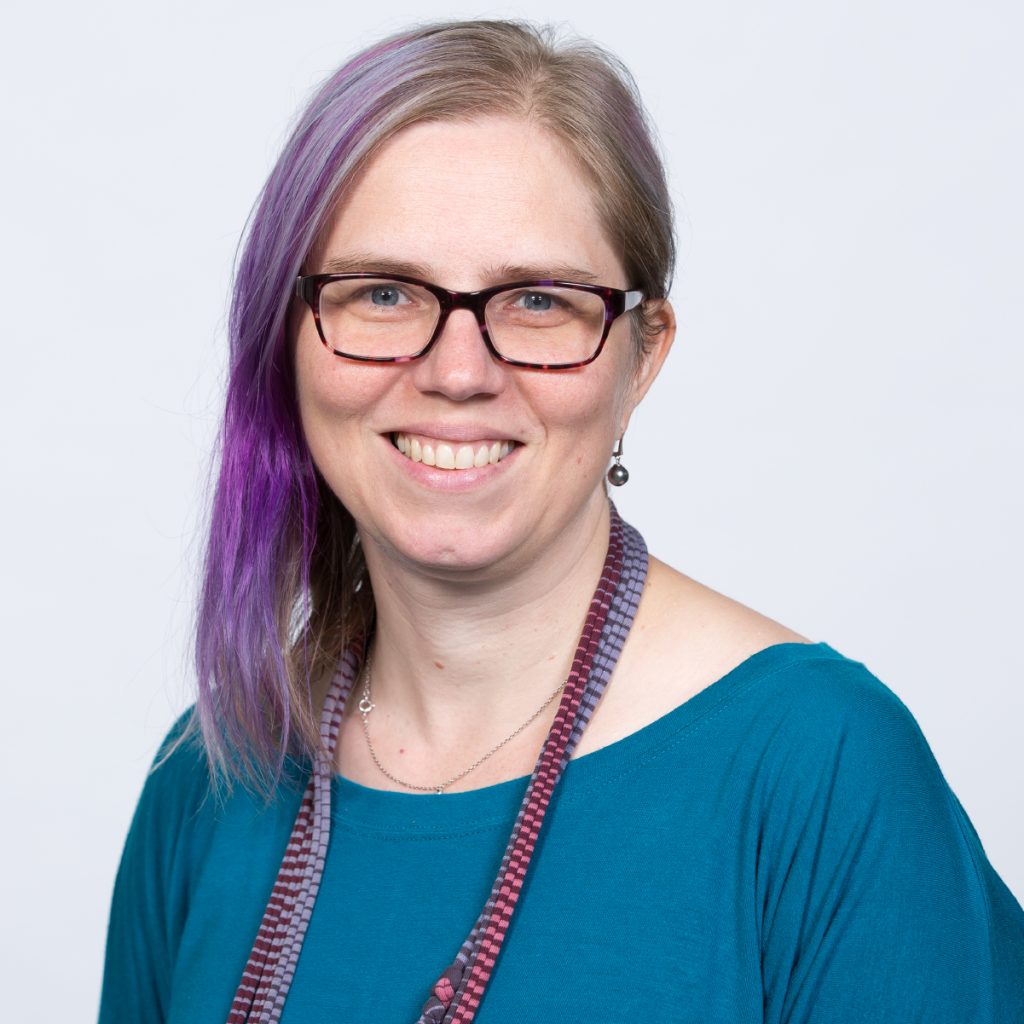
Jessica Owley
Jessica Owley is a Professor of Law and Director of the Environmental Law Program at the University of Miami where she is also affiliated with the Abess Center for Ecosystem Science and Policy and has a secondary appointment in the Rosenstiel School of Marine, Atmospheric and Earth Sciences. Her interdisciplinary work lies focus on the intersection of property law and environmental social science, with a focus on how the law responds to environmental conditions like climate change. She holds four graduate degrees from the University of California at Berkeley. She briefly practiced land use and environmental law at Morrison & Foerster in San Francisco before entering academia. She is one of the founders of the Environmental Law Collaborative and part of the team that won the Morrison Prize in 2019.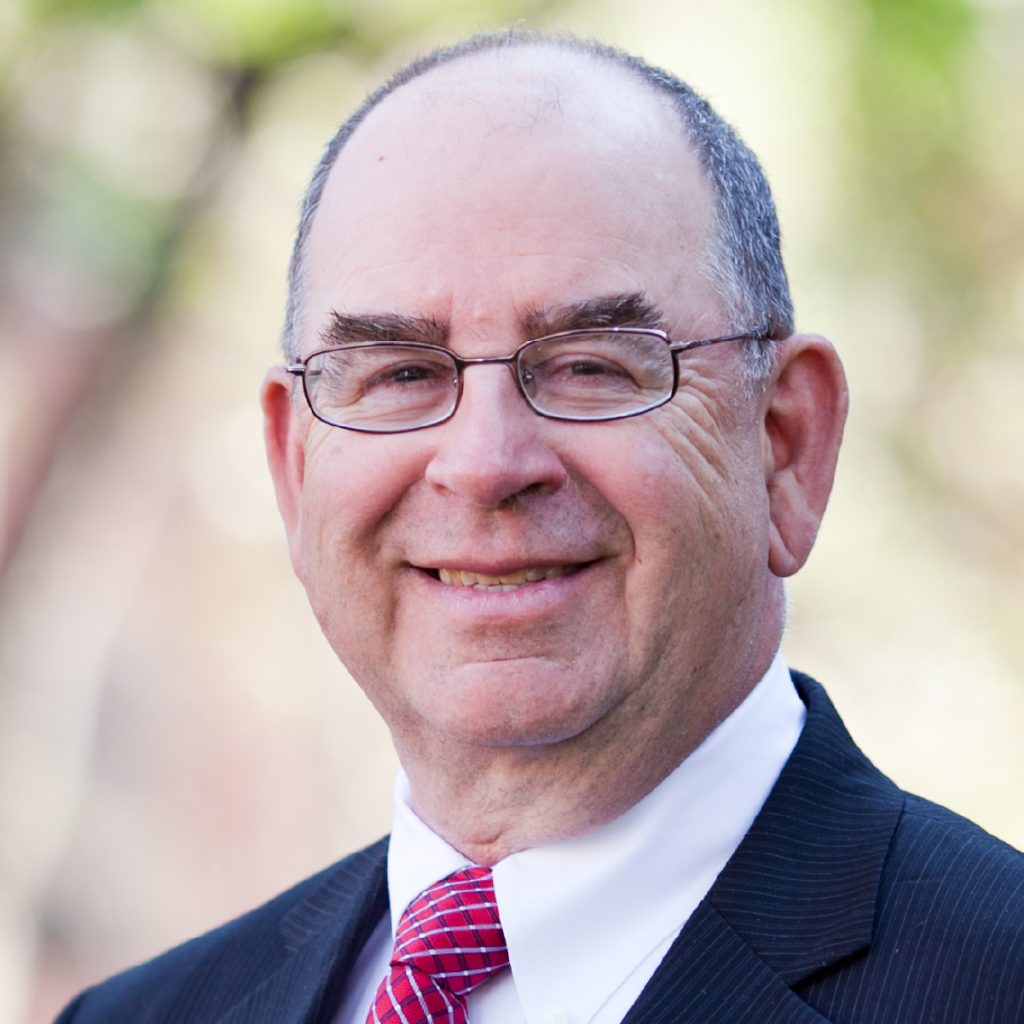
Lee C. Paddock
LeRoy (Lee) C. Paddock is associate dean for environmental law studies. He is a member of the ABA Section on Environment, Energy and Resources Council. Prior to coming to GW Law, he was the director of Environmental Legal Studies at Pace University Law School from 2002 to 2007. He also was a visiting scholar at the Environmental Law Institute between 1999 and 2002, focusing on the clean air act, state-federal relationship, and enforcement issues. From 1978 until 1999, Dean Paddock was an assistant attorney general with the Minnesota Attorney General’s Office where he served as director of environmental policy for 13 years, as manager of the Office’s Agriculture and Natural Resources Division and a member of its executive committee.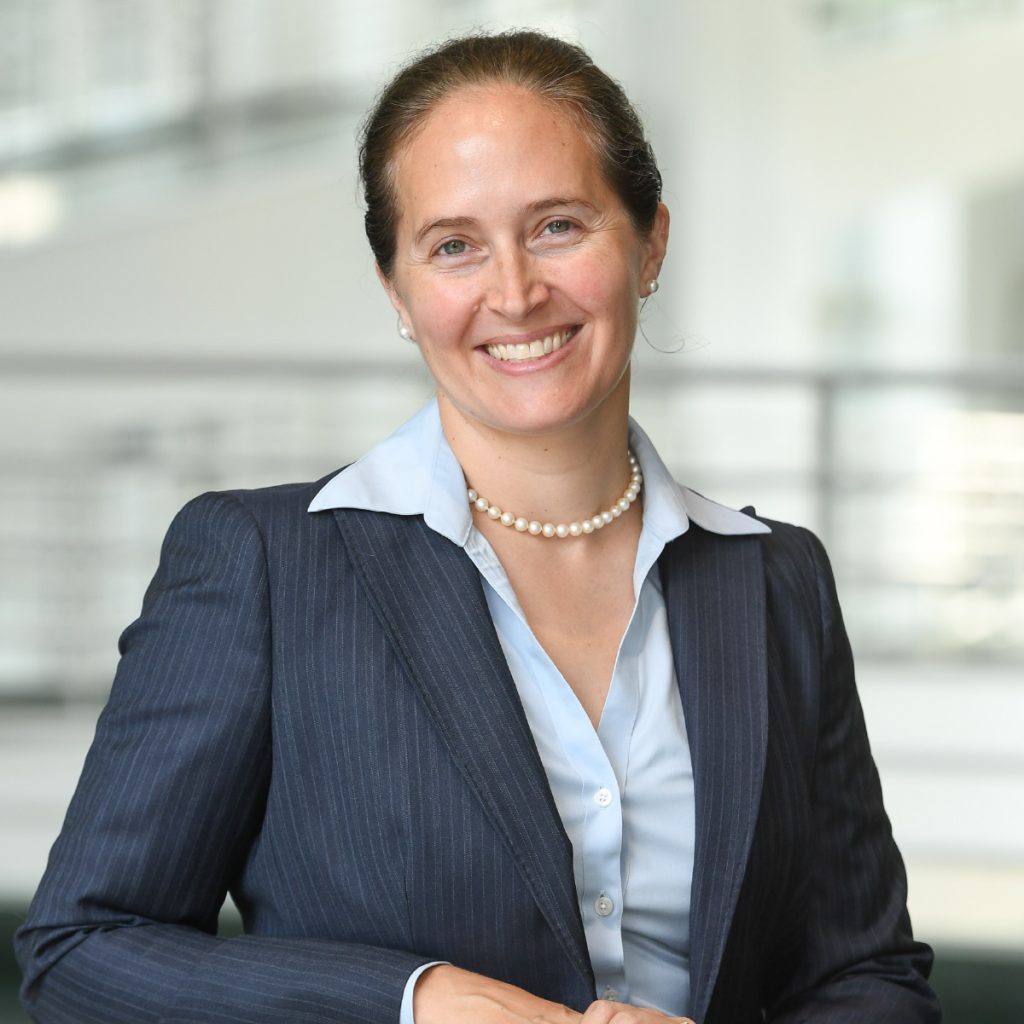
Heather Payne
Heather Payne is a Professor at Seton Hall University School of Law and a leader in the areas of energy law, environmental law, and evolving regulatory policy. A former chemical engineer and corporate executive, she brings a deep understanding of both the technical and economic implications of policies to address new realities in a carbon- and water-constrained world.
Before joining the Seton Hall law faculty in 2018, Professor Payne was Fellow and Assistant Director of the Center for Climate, Energy, Environment and Economics (CE3) at the University of North Carolina School of Law. Prior to entering academia, she clerked for Judge Martha Geer on the North Carolina Court of Appeals, and worked with Sears Holdings Corporation and Honeywell International. Professor Payne holds a BChE in Chemical Engineering where she graduated with High Honors from the Georgia Institute of Technology, and a J.D. from University of North Carolina School of Law, where she graduated with High Honors and served as a member of the North Carolina Law Review and Symposium Editor for Environmental Law Project.
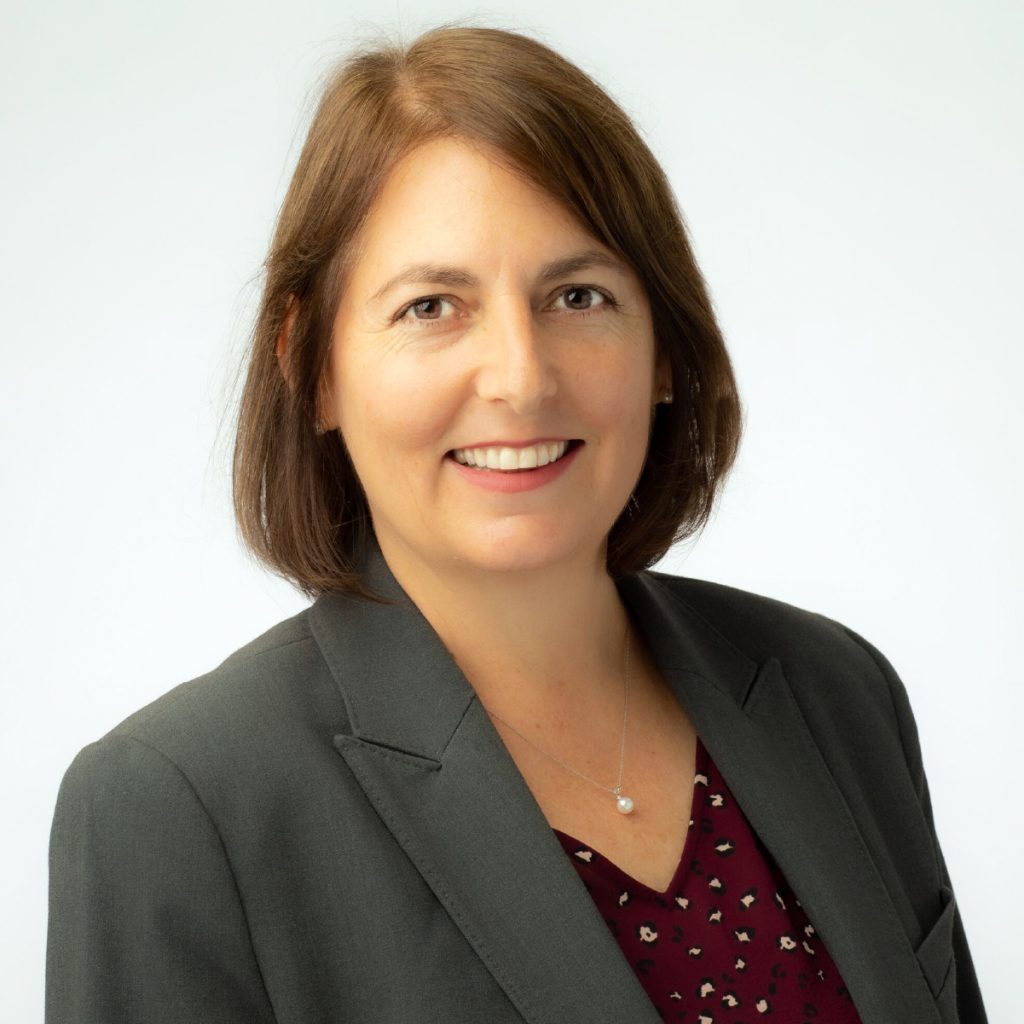
Kalyani Robbins
Professor Kalyani Robbins is a nationally recognized scholar in the field of Environmental & Natural Resources Law, best known for her expertise in Biodiversity Conservation, as well as her work relating to Climate Change Governance. She is also an emerging scholar in the field of Property. She teaches Environmental Law, Natural Resources Law, Property, Criminal Procedure, and seminars in Biodiversity and Climate Change.
Professor Robbins travels frequently for speaking engagements, serves or has served in leadership roles within both the ABA and the AALS, and has published several books. Her work has been published in the legal academic journals at Harvard, Stanford, UCLA, NYU, University of Minnesota, University of Oregon, Lewis & Clark, SUNY Buffalo, McGeorge, Case Western Reserve, University of Akron, Fordham, and Pace.
Prior to joining the Loyola University Chicago law faculty in 2019, Professor Robbins served on the law faculties at Florida International University and the University of Akron, as well as two visits at the University of San Francisco. In her years before academia, she served as an Assistant District Attorney in the Manhattan District Attorney’s Office and was Legal Director for Sequoia ForestKeeper, an environmental nonprofit. She also clerked for The Honorable Norman H. Stahl of the United States Court of Appeals for the First Circuit and The Honorable Faith S. Hochberg of the United States District Court for the District of New Jersey.
Professor Robbins completed her undergraduate work at U.C. Berkeley before going on to receive her J.D. from Stanford Law School, and her LL.M. in Environmental and Natural Resources Law, cum laude, from Lewis & Clark Law School. She has been admitted to the California and New York bars.
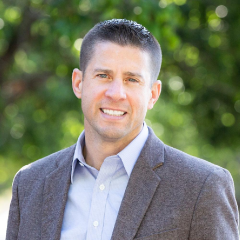
Troy Rule
Professor Rule is the Joseph Feller Memorial Chair in Law and Sustainability and serves as Faculty Director of the Law and Sustainability Program at ASU Law, where he teaches Property Law, Secured Transactions, Energy Law & Policy, and the Sustainability Law Research Seminar.Prior to entering academia, Professor Rule was an attorney at K&L Gates LLP in Seattle, where his practice focused primarily on commercial real estate transactions and wind energy development. His research focuses mainly on emerging property law issues involving wind energy, solar energy, domestic drones and other technologies. Professor Rule is the author of Solar, Wind and Land: Conflicts in Renewable Energy Development (Routledge-Earthscan, 2014) and Renewable Energy: Law, Policy and Practice (West Academic Publishing, 2018; 2d ed. 2021). In recent years, he has worked on renewable energy policy research projects funded under the U.S. Department of Energy and U.S. Department of Defense.
Professor Rule’s academic research has been published in such journals as the UCLA Law Review, Washington University Law Review and Boston University Law Review. His op-eds on legal and policy issues have appeared in the Wall Street Journal, Los Angeles Times and other newspapers across the country.
He graduated with honors from the University of Chicago Law School in 2005, where he served on the Chicago Journal of International Law and was a John M. Olin Student Fellow in Law and Economics.
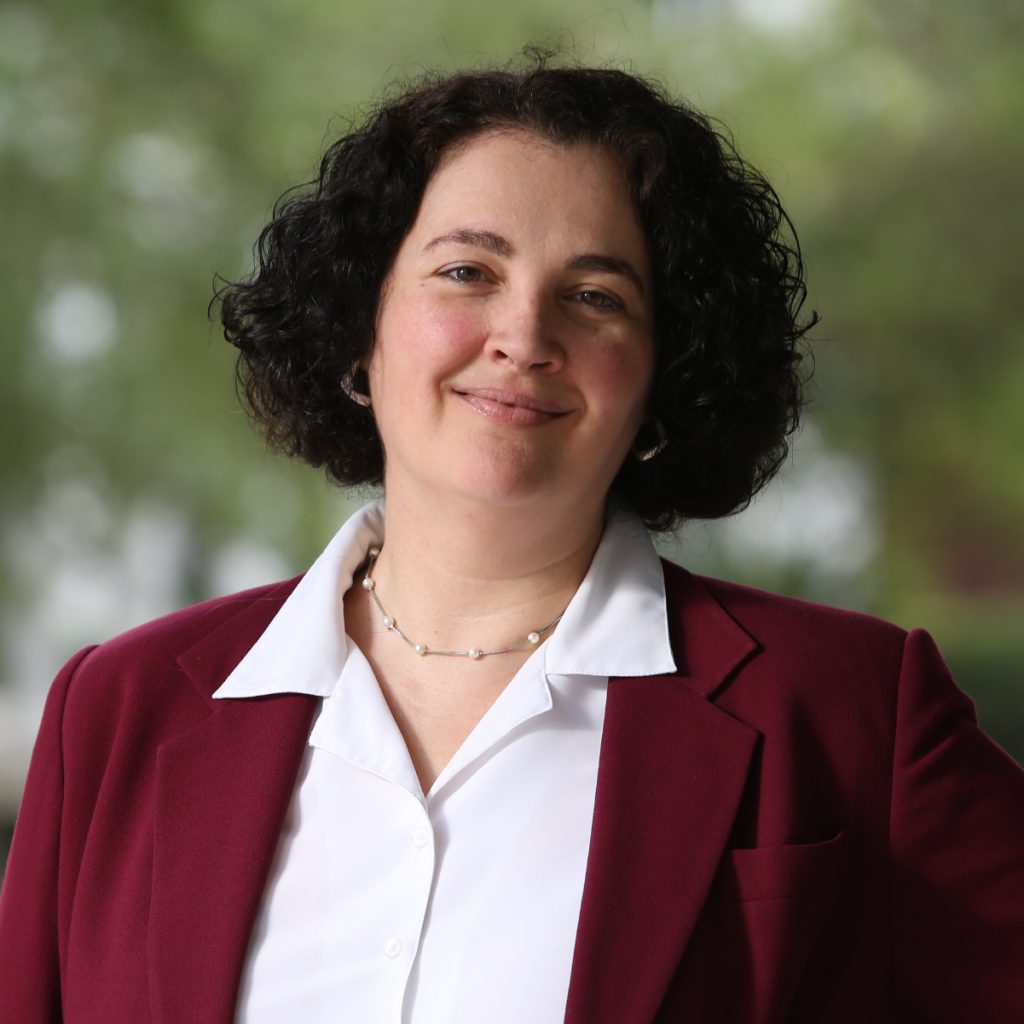
Erin Ryan
Erin Ryan is the Elizabeth C. and Clyde W. Atkinson Professor and Associate Dean for Environmental Programs at the Florida State University College of Law, overseeing the FSU Center for Environmental, Energy, and Land Use Law. She specializes in environmental and natural resources law, water law, property and land use, federalism, and negotiation, and was recognized in 2022 with a university-wide teaching award for Innovation in Teaching.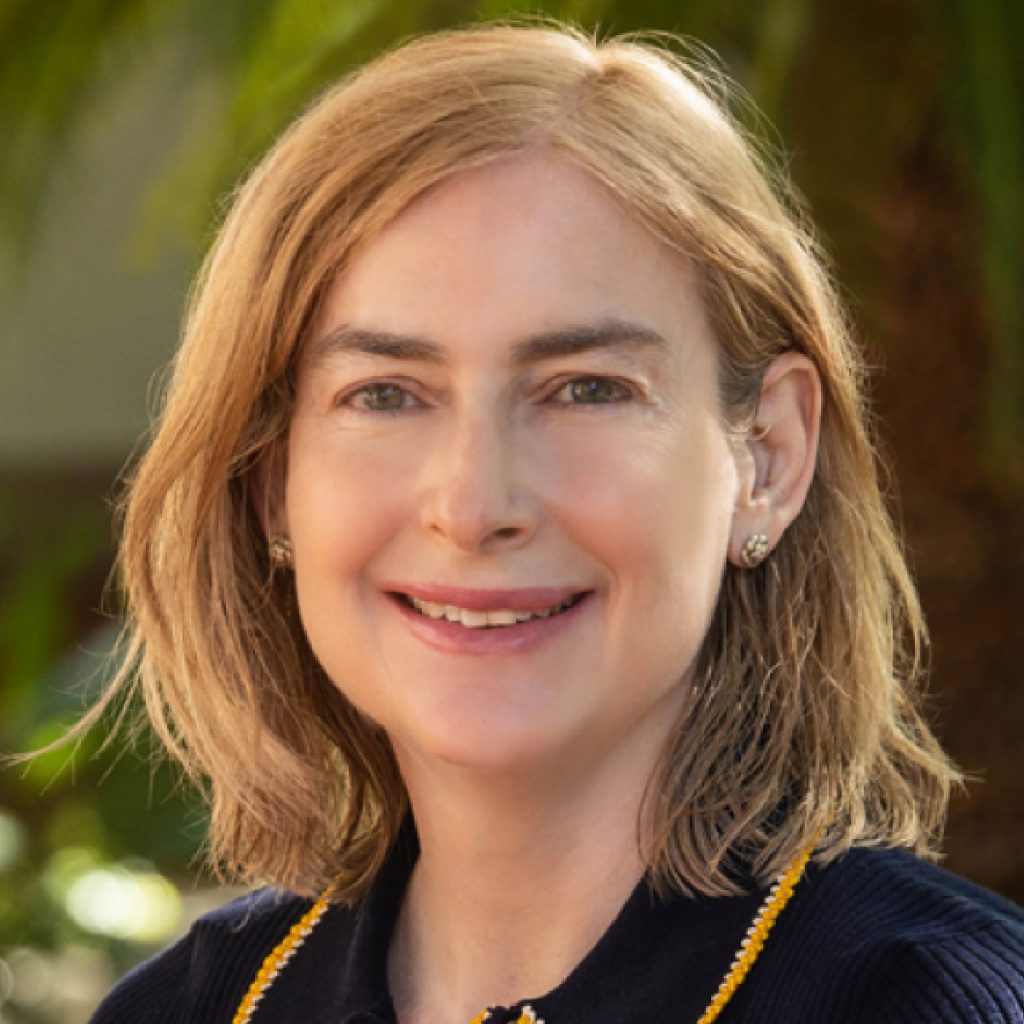
Stephanie M. Stern
Professor Stephanie M. Stern researches and teaches in the areas of climate adaption policy, water law, and housing and property law. Her current research focuses on legal frameworks for residential and agricultural climate retreat (relocation) in response to climate-induced sea-level rise and drought.
Her work integrates water law, property law and theory, and law and psychology to address human dislocation and environmental impacts from climate change and, in some cases, from climate adaptation policies. Professor Stern’s scholarship has been published in the Duke Law Journal, Michigan Law Review, Columbia Law Review, Cornell Law Review, Virginia Law Review, and leading peer-reviewed journals. She has been a visiting professor at Yale Law School and Hebrew University. At the University of Arizona College of Law, Professor Stern teaches water law and climate adaptation, participates in the Arizona Institute for Resilient Environments and Societies, and serves on the Climate Health U.S.-France working group. Prior to academia, Professor Stern practiced property law at Kirkland & Ellis, LLP, served as a fellow of the Yale Center for Environmental Law and Policy, and clerked for the Honorable Kermit Lipez on the U.S. Court of Appeals for the First Circuit. Professor Stern is a graduate of the Yale Law School.
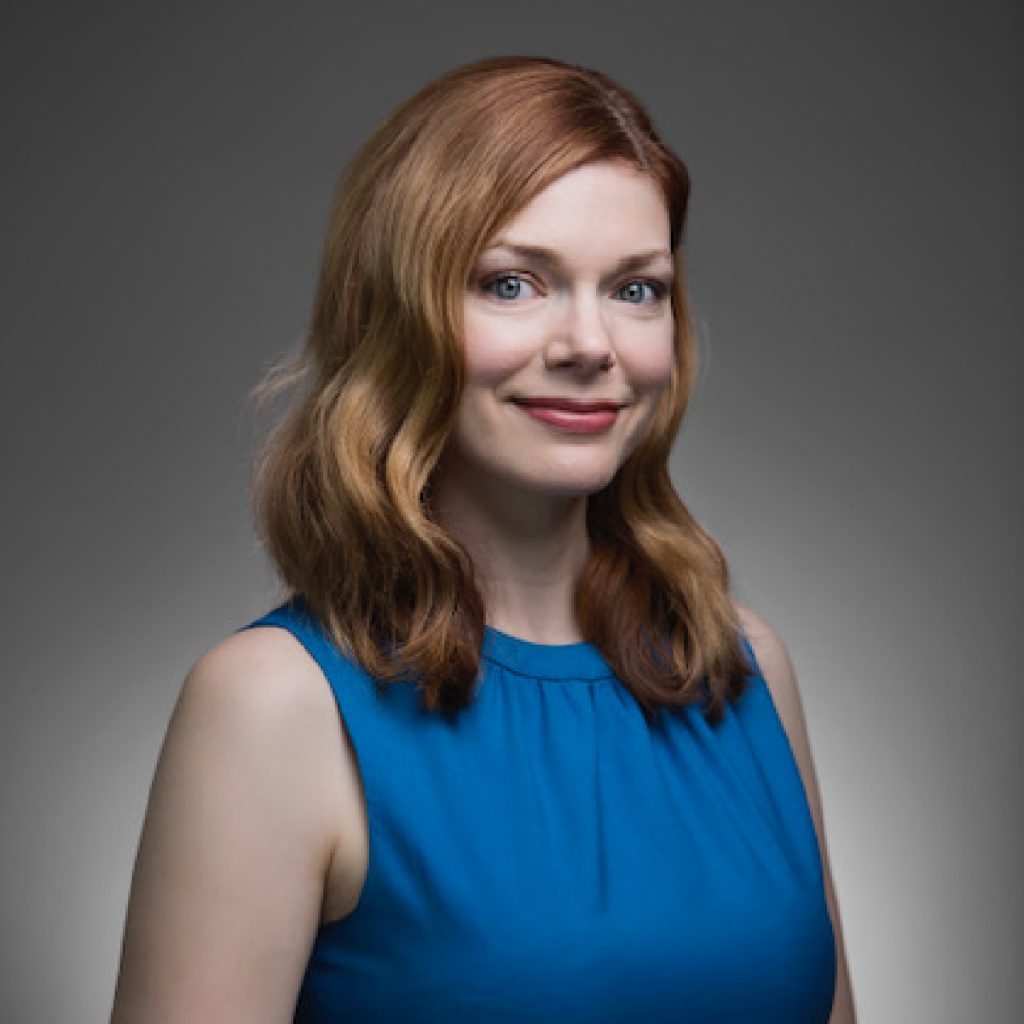
Kristen van de Biezenbos
Kristen van de Biezenbos is a Professor of Law at California Westen School of Law, where she teaches Energy and Climate Change Law, Environmental Law, and Property. She received her J.D., magna cum laude, from Tulane University Law School in 2010.
While in law school, she served as the Senior Notes and Comments Editor of the Tulane Law Review and as an intern for the Honorable Judge Lance Africk at the U.S. District Court for the Eastern District of Louisiana. Prior to joining the law faculty at California Western, she held a joint appointment with the Faculty of Law and Haskayne School of Business at the University of Calgary, taught at the University of Oklahoma College of Law and Texas Tech University School of Law, and served as a Westerfield Fellow at Loyola New Orleans College of Law. She teaches and writes on energy law and policy, especially community impacts of resource projects, electricity regulation, and energy equity. She serves on the expert panel on climate change mitigation for the Canadian Climate Institute, is on the Board of Advisory Editors for the Tulane Law Review, and is a former trustee of the Foundation for Natural Resources. Her articles have been published in the Washington University Law Review, Utah Law Review, Fordham Law Review, Michigan Journal of Law Reform, Tulane Law Review, Osgoode Hall Law Journal, and the McGill Journal of Sustainable Development, and others.
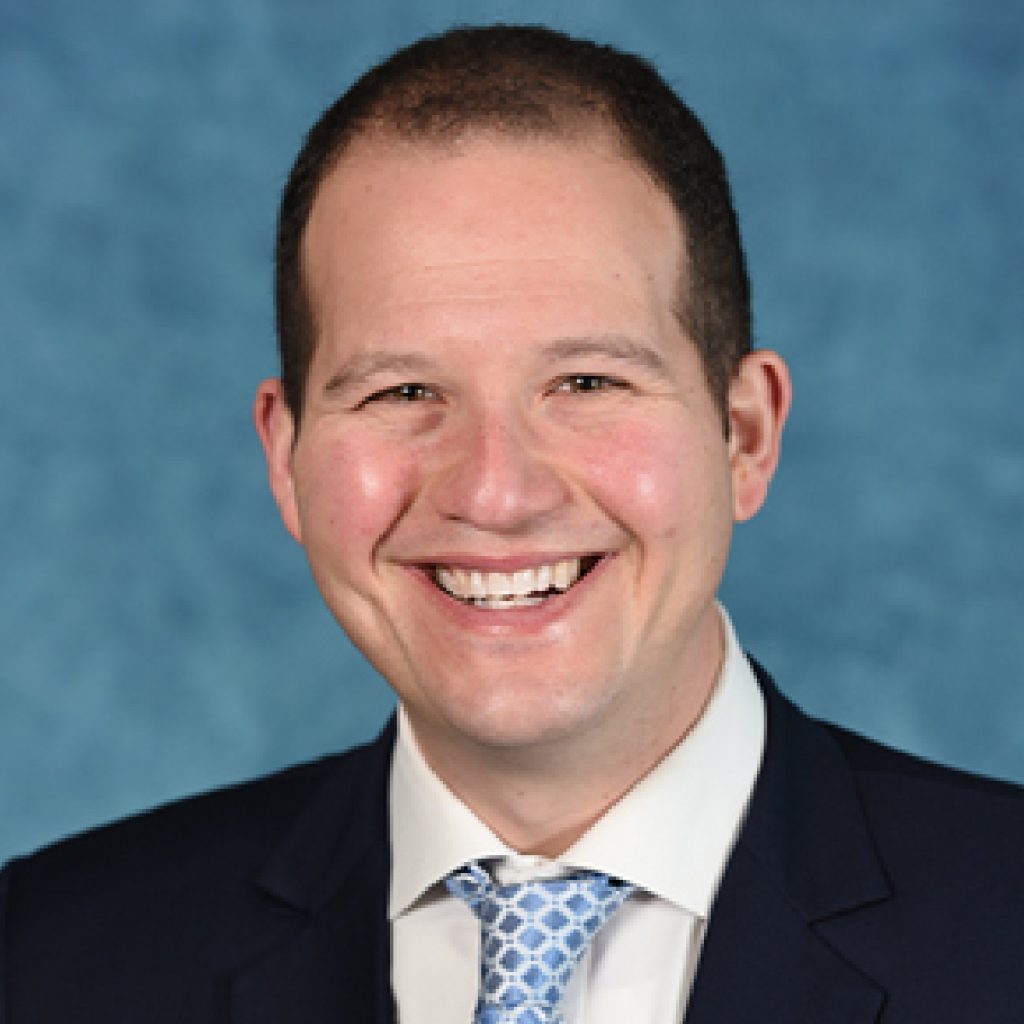
Gabriel Weil
Gabriel Weil joined the faculty at Touro Law in 2022. He teaches torts, law and artificial intelligence, and various courses relating to environmental law and climate change. Professor Weil’s primary scholarly interests are in climate change law and policy, and the governance of artificial intelligence.
His climate scholarship emphasizes tools and strategies for managing the poor fit between existing legal and political institutions and the challenge of tackling climate change. Professor Weil’s research has addressed geoengineering governance, tools for overcoming the global commons problem, and the optimal role for subnational policy in tackling a global problem, among other topics. His scholarship has also branched out to related topics, including the role that tort law can play in mitigating catastrophic risks from artificial intelligence, how individual preferences should be considered in evaluating regulatory policies, and the failure of the Learned Hand formula for negligence liability to adequately deter the generation of risk externalities.
Prior to joining Touro, Professor Weil served as a visiting professor at the University of Wyoming College of Law and a research and manager at the Climate Leadership Council. He previously served as a research fellow at UC Irvine School of Law’s Center for Land, Environment, and Natural Resources, and worked at the White House Council on Environmental Quality, the Georgetown Climate Center, and the American Association of State Highway and Transportation Officials.
Professor Weil holds a J.D., cum laude from Georgetown University Law Center, an LL.M. in environmental law, summa cum laude, from Pace University Elizabeth Haub School of Law, and a B.A. in political science, physics, and integrated science from Northwestern University.
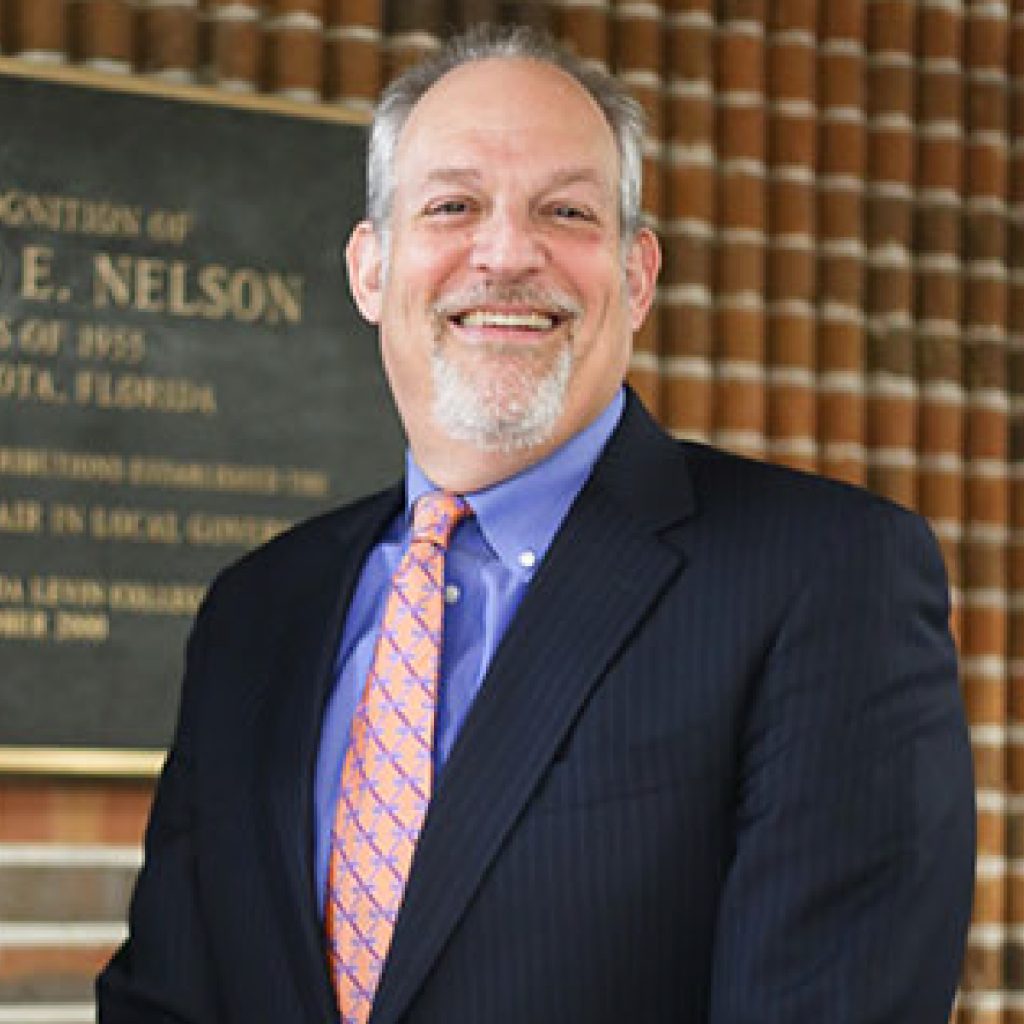
Michael Allan Wolf
Michael Allan Wolf is the Richard E. Nelson Eminent Scholar Chair in Local Government at the University of Florida Levin College of Law. He is the author of two leading treatises (Powell on Real Property and Land Use Law (with Daniel Mandelker)), The Zoning of America: Euclid v. Ambler, Land Use Planning and the Environment: A Casebook (with Charles Haar), and dozens of articles in law, planning, and history journals. His research interests include, among other topics, regulatory takings, zoning law and history, climate change and the law, property rights, urban redevelopment, and constitutional history.
